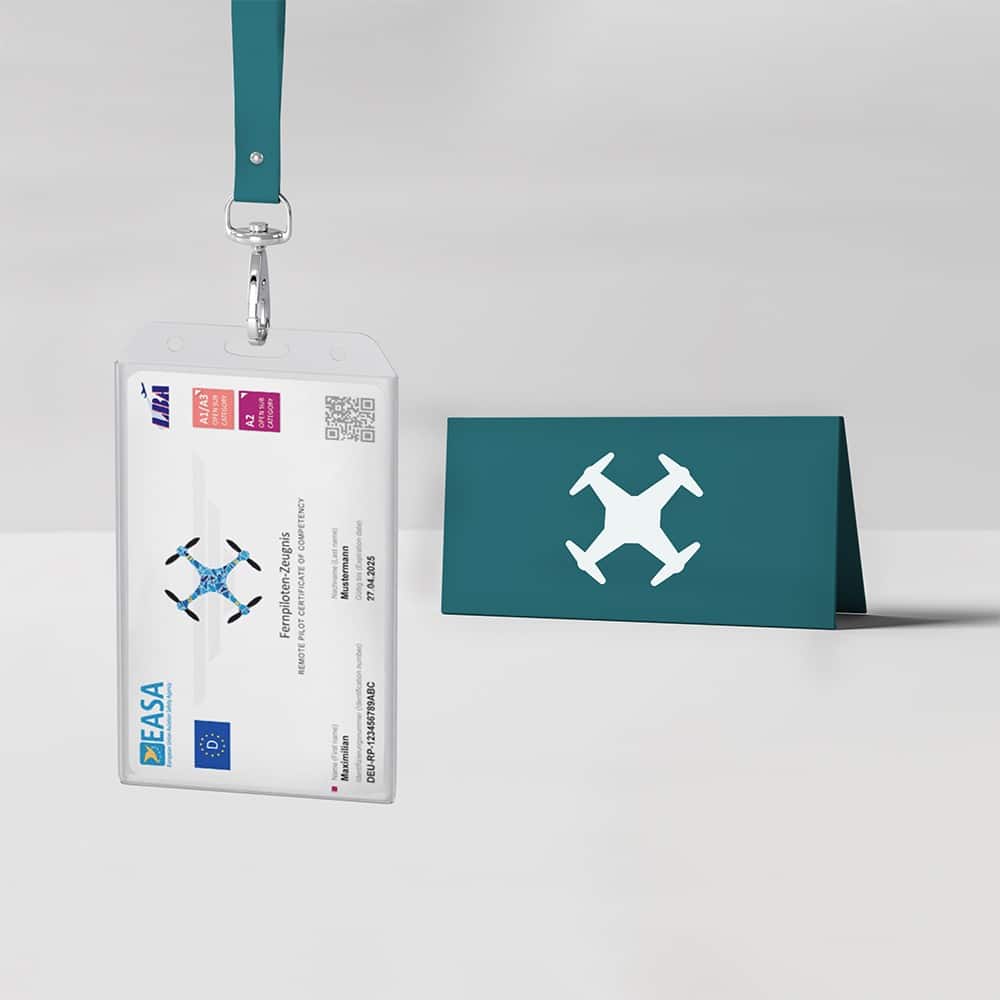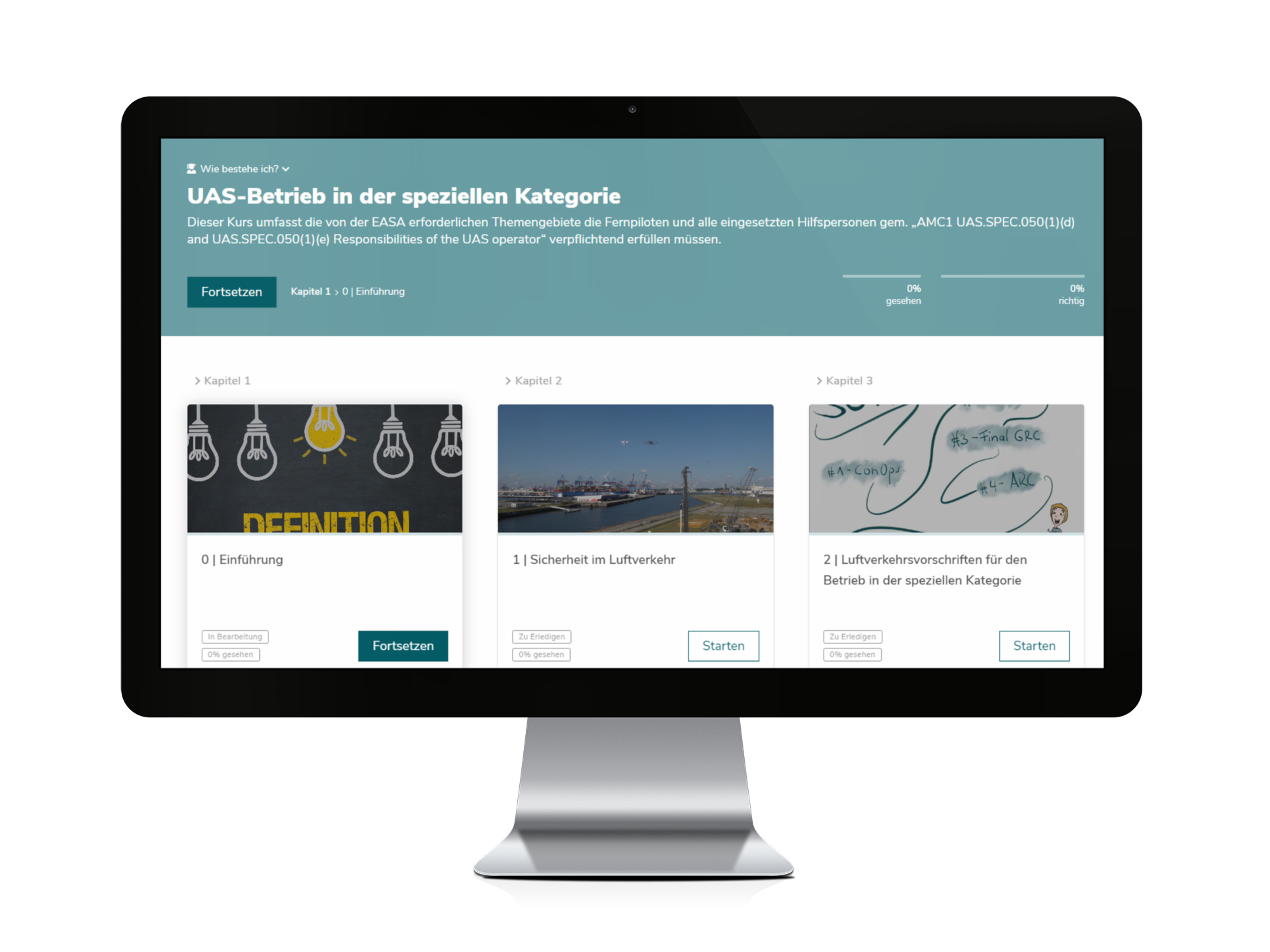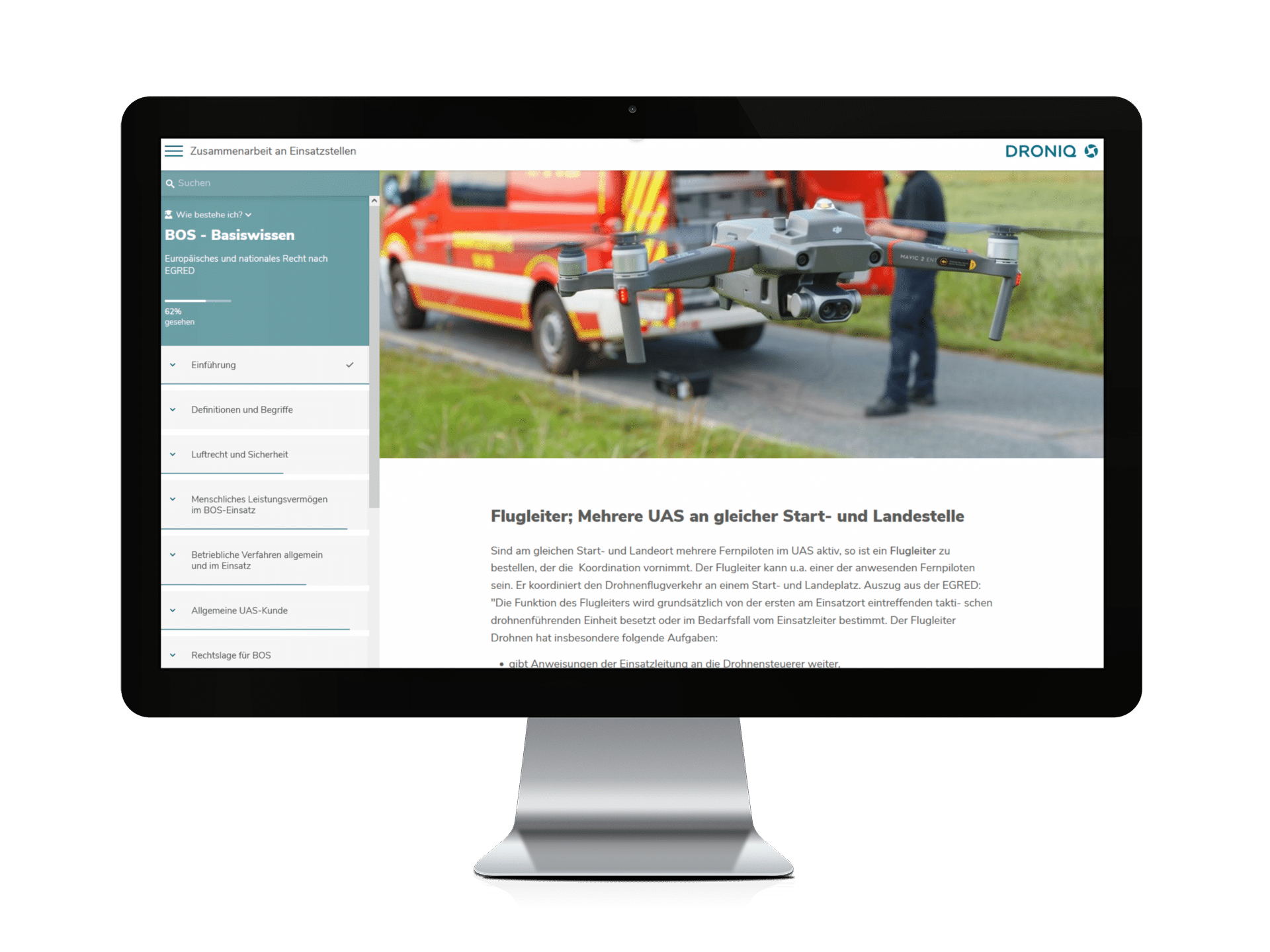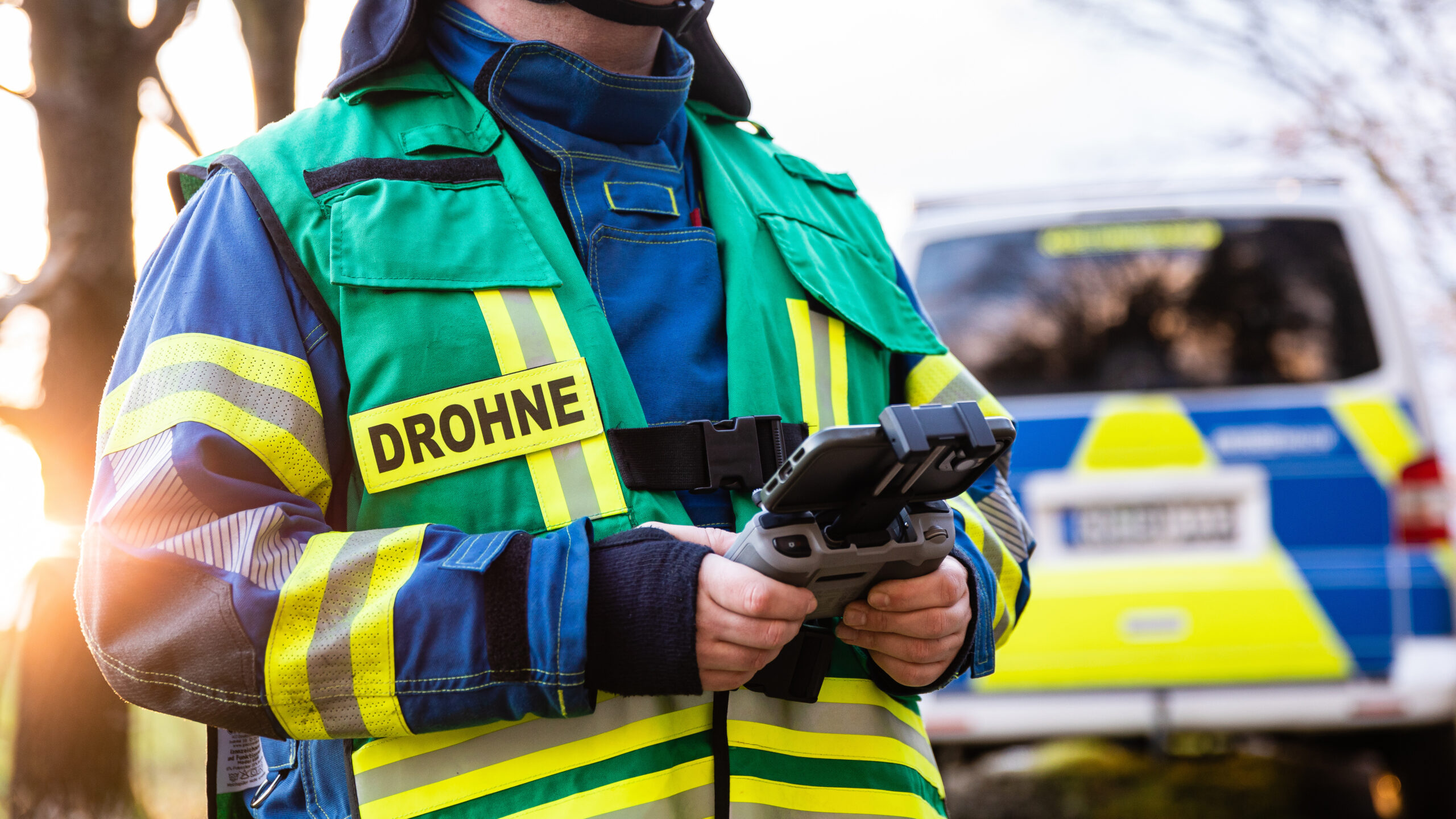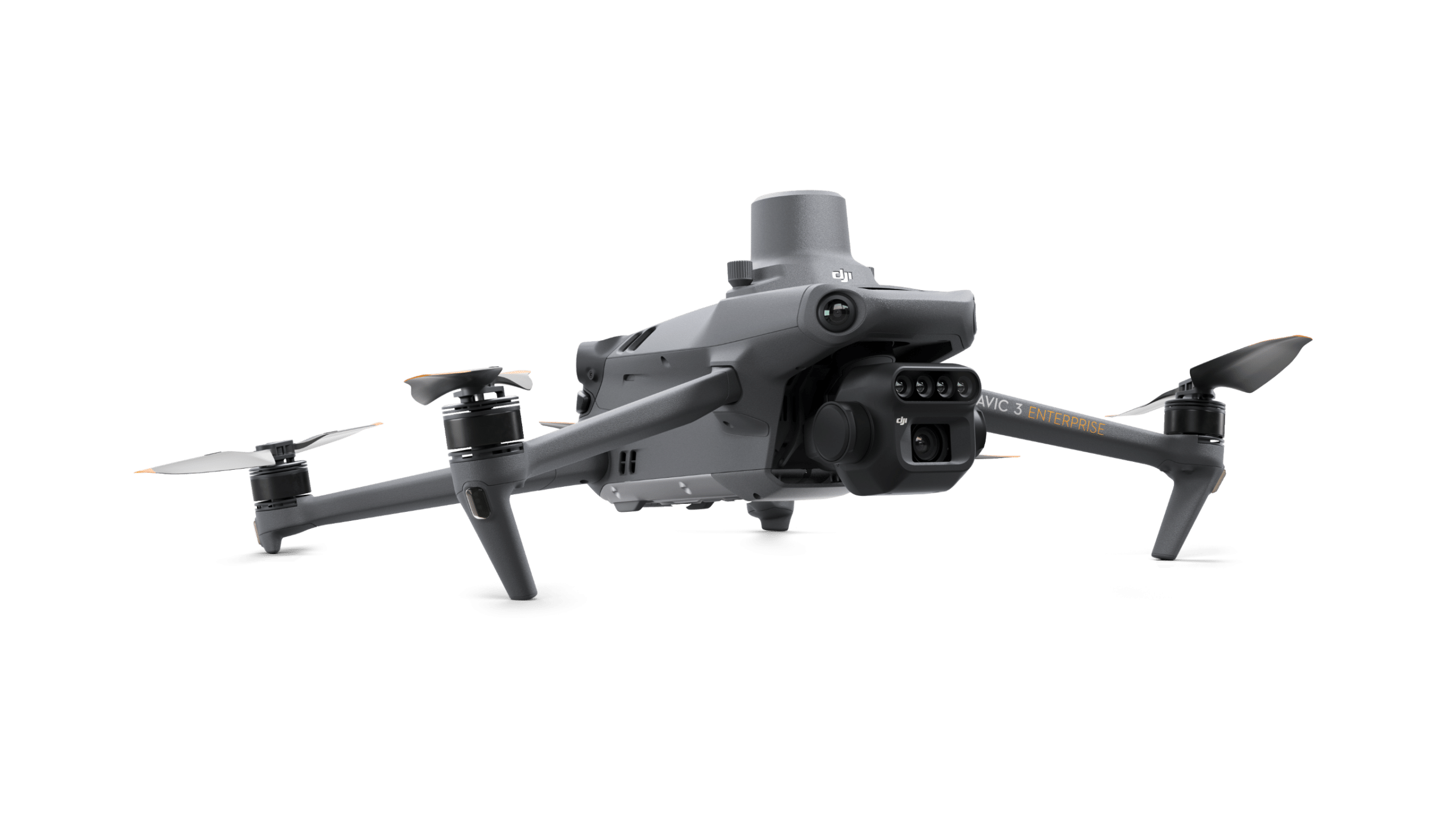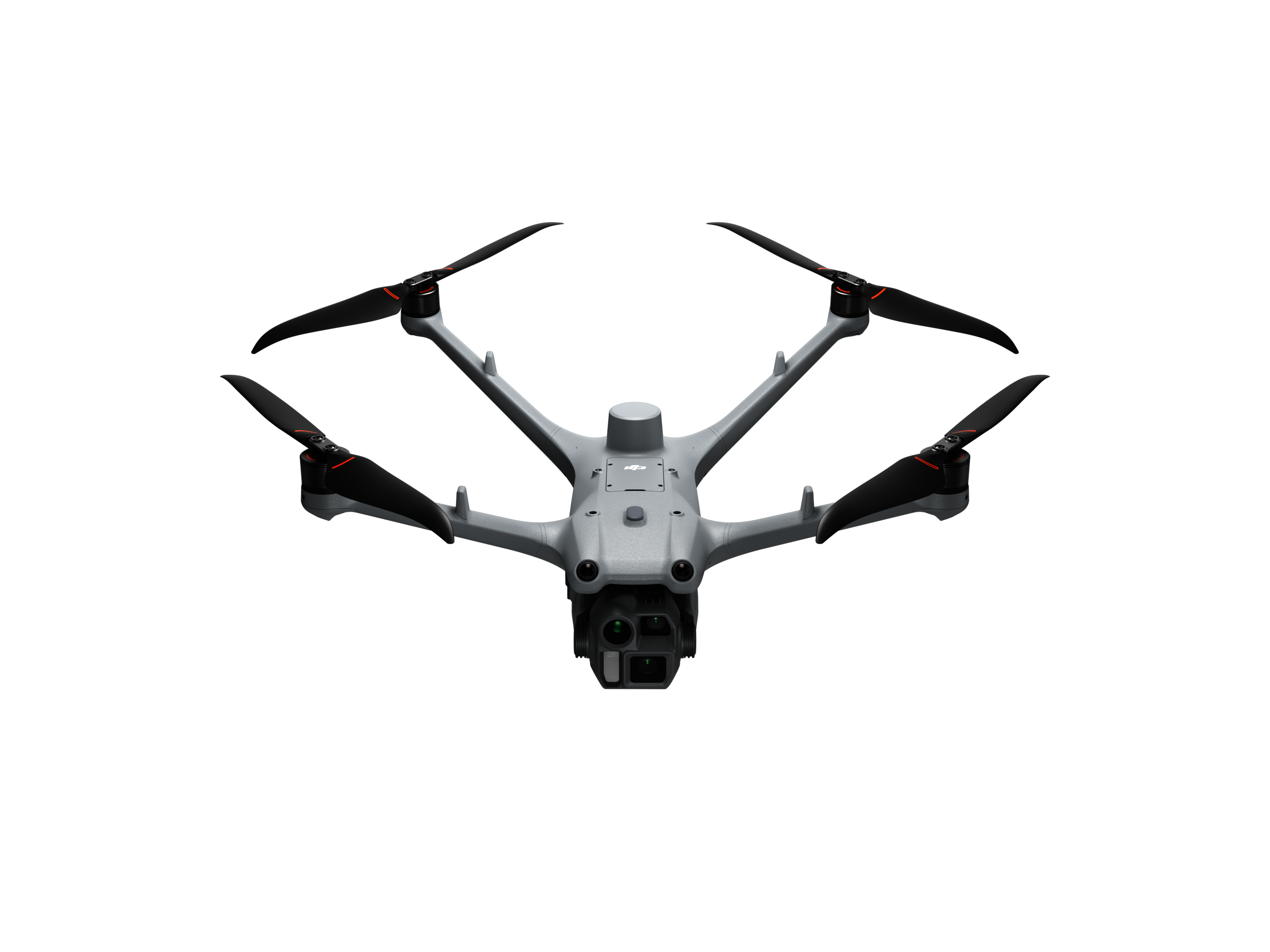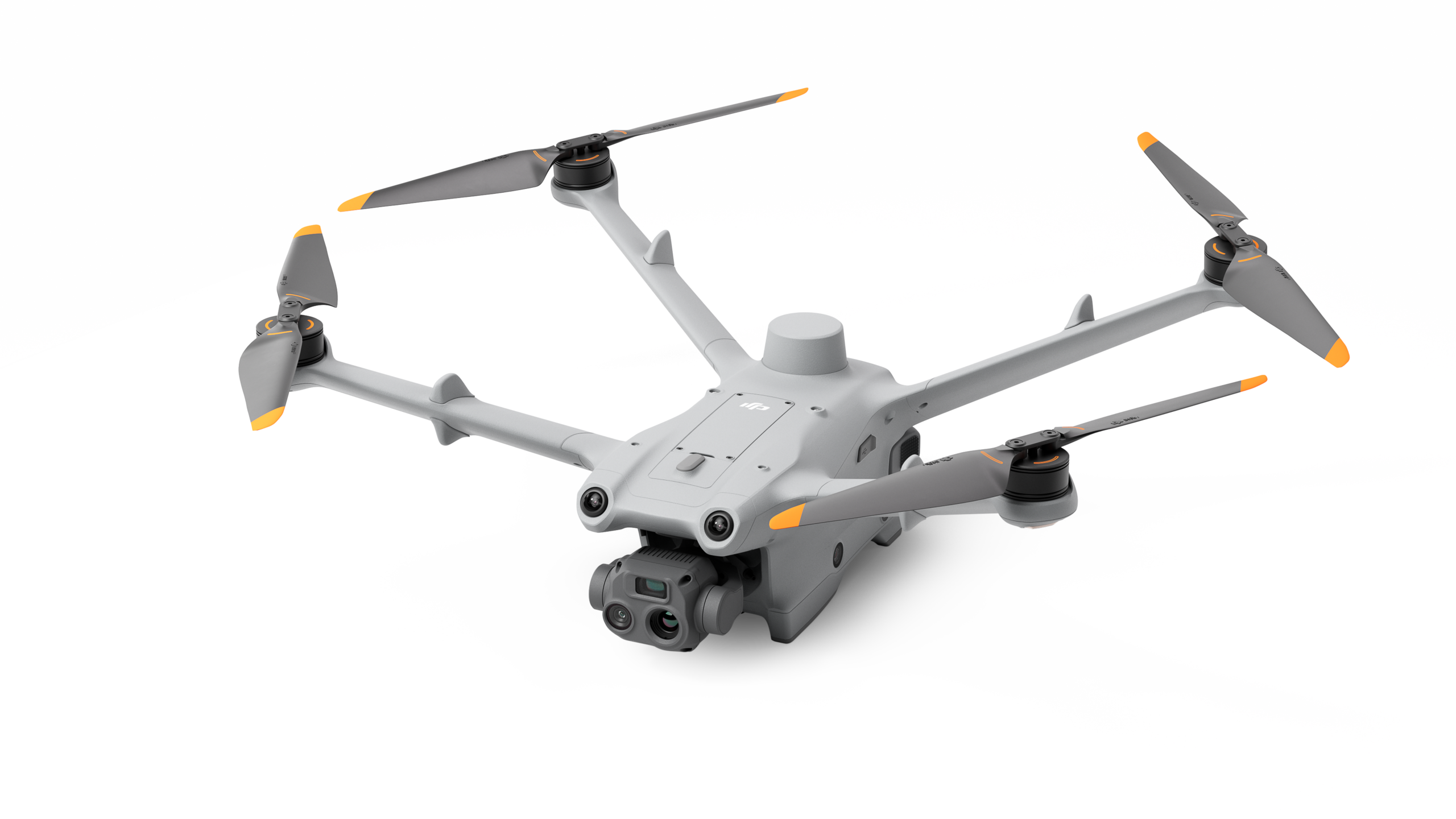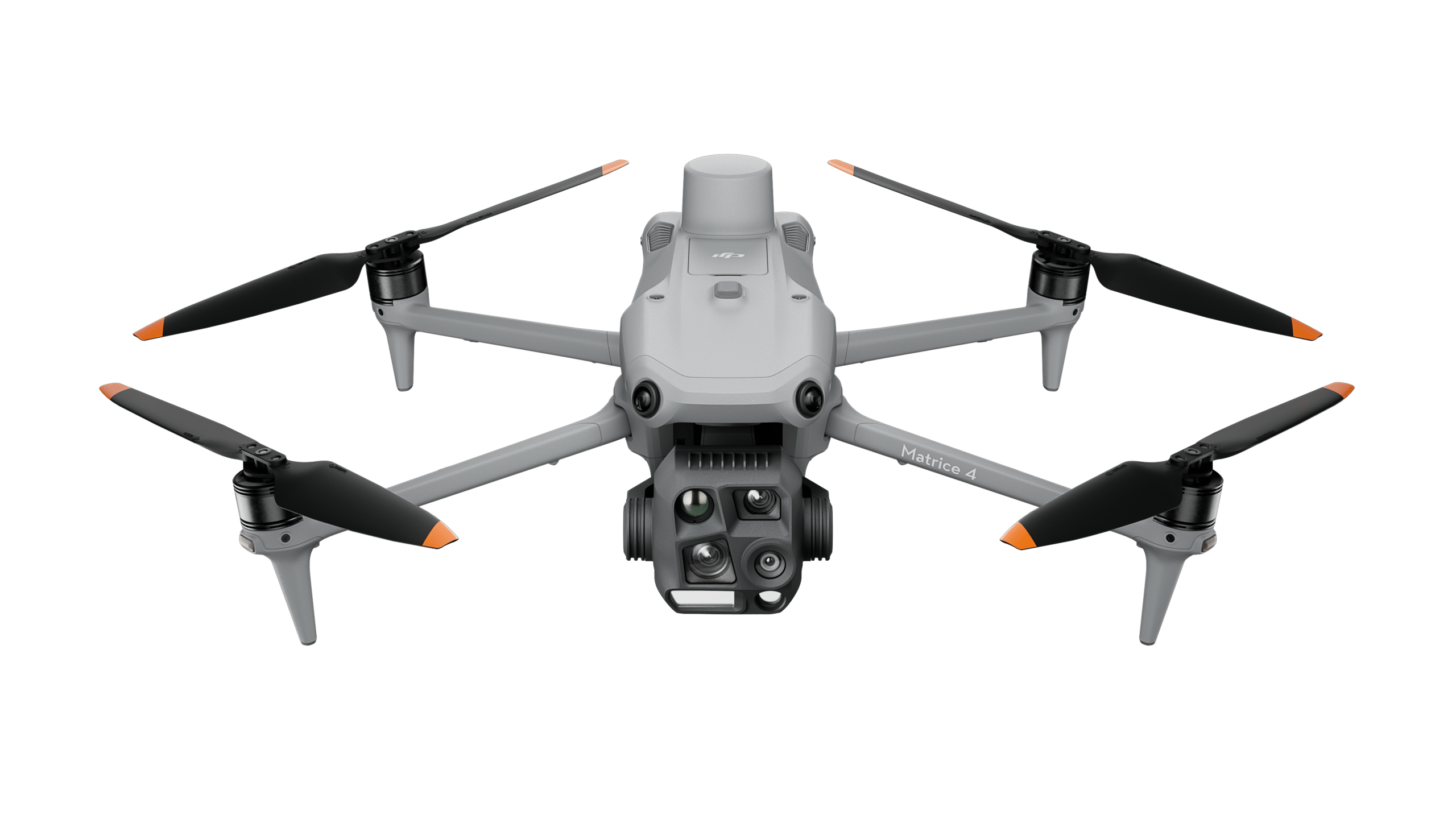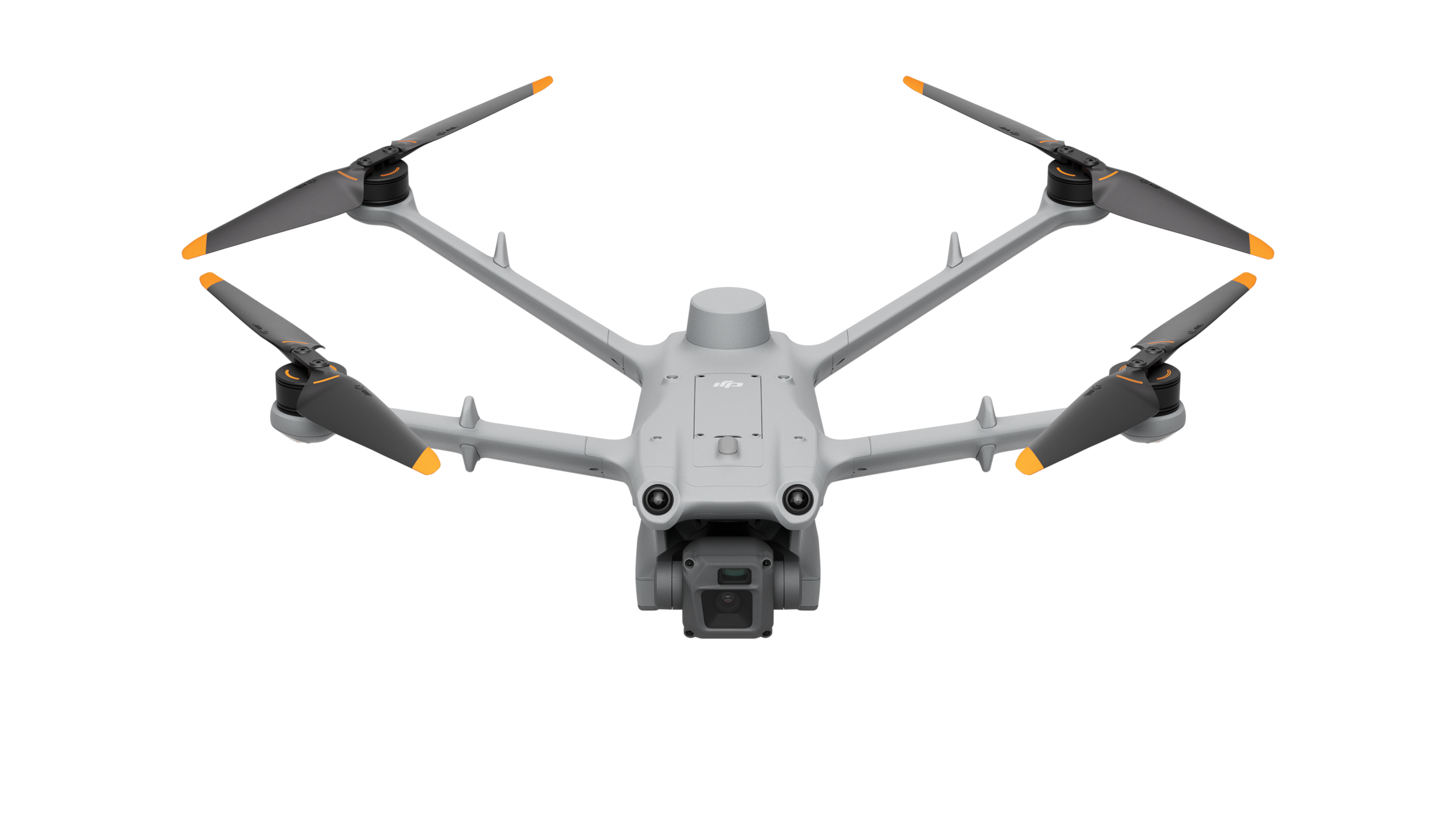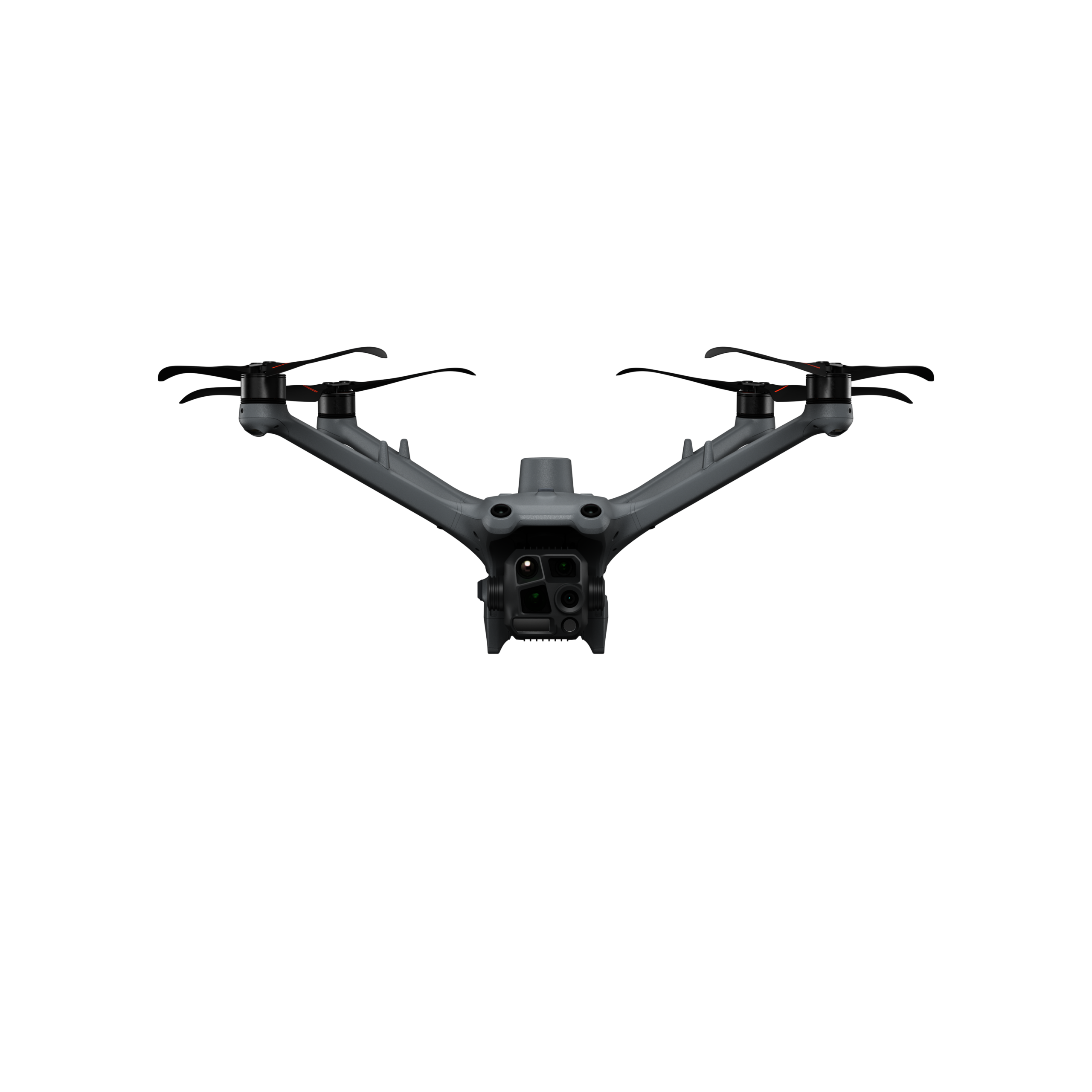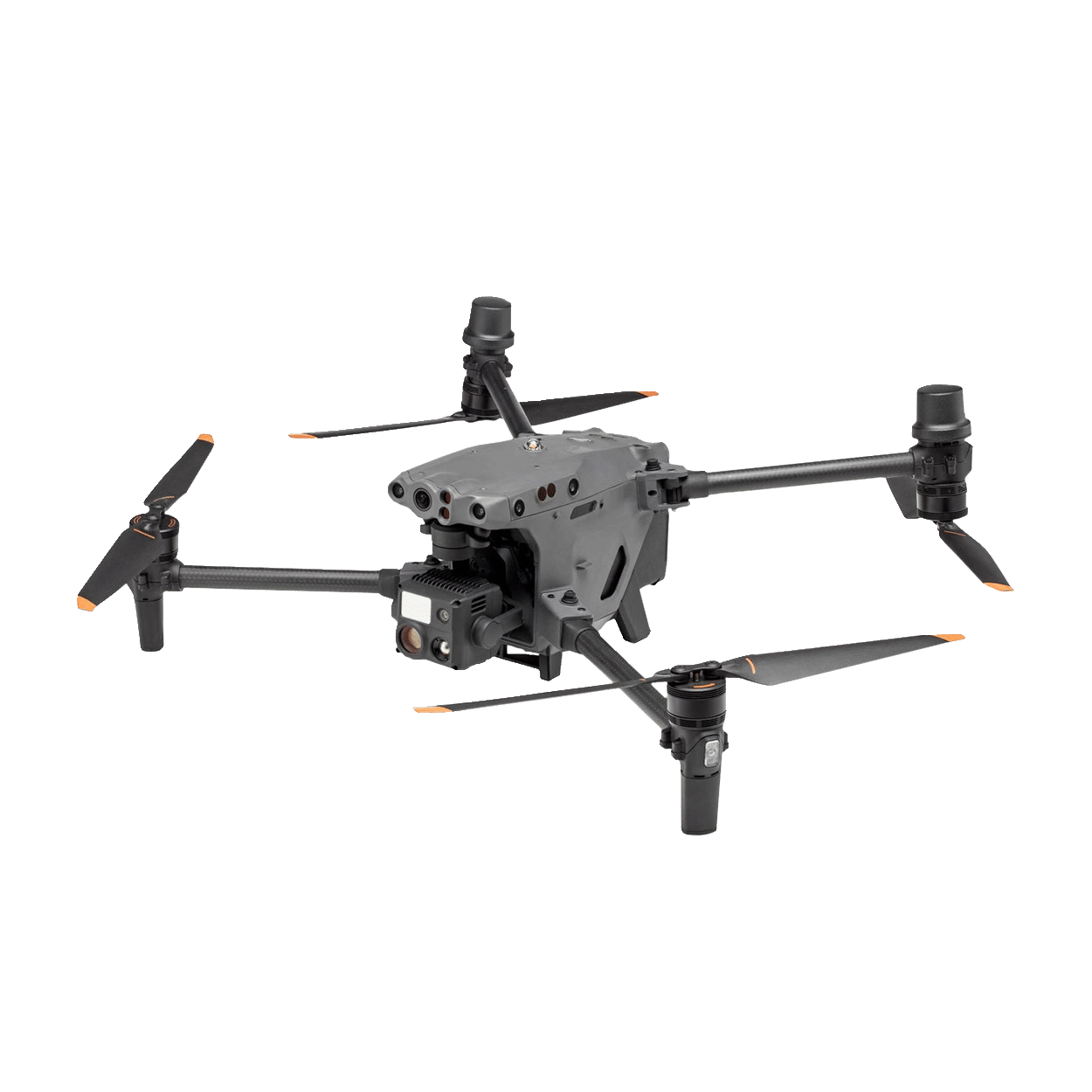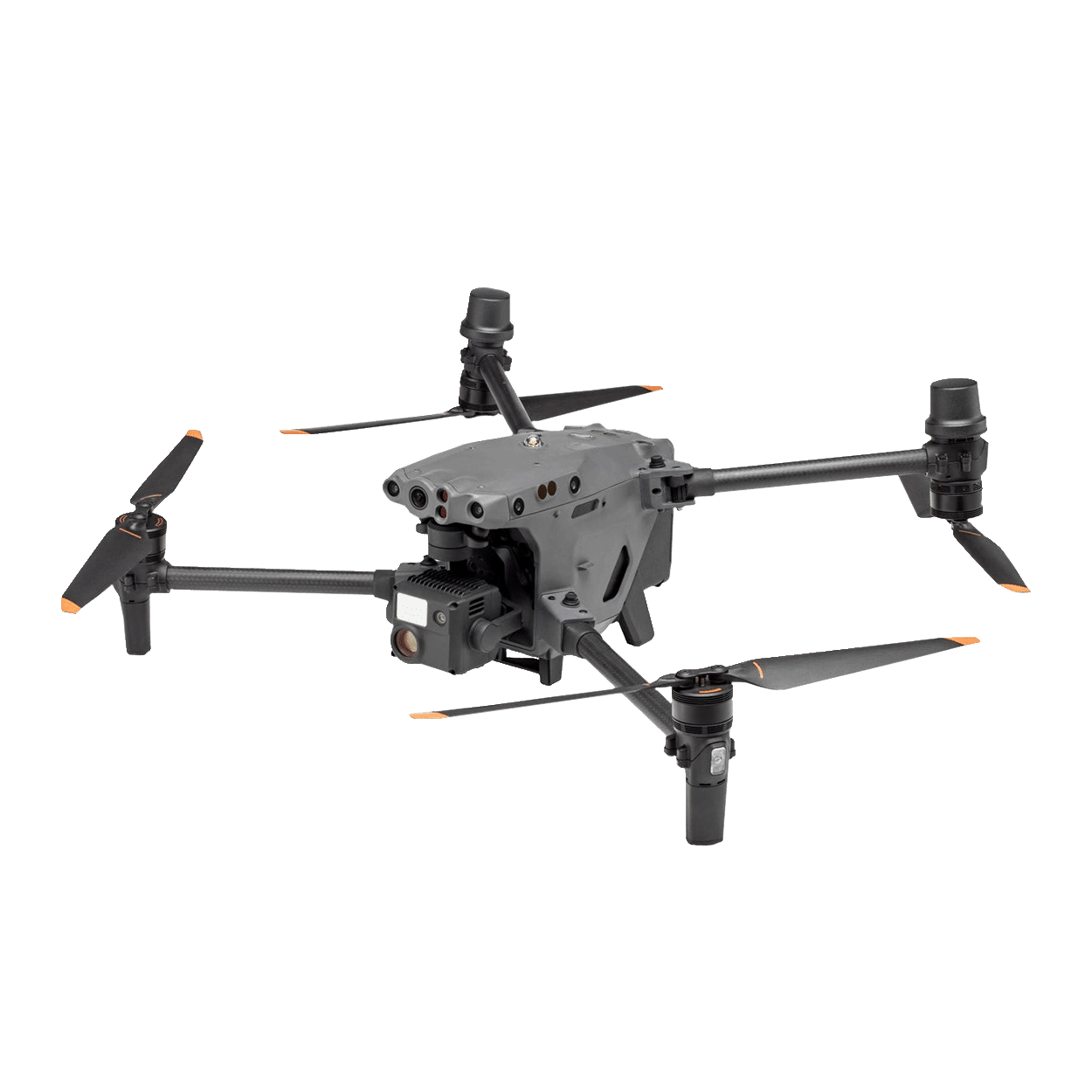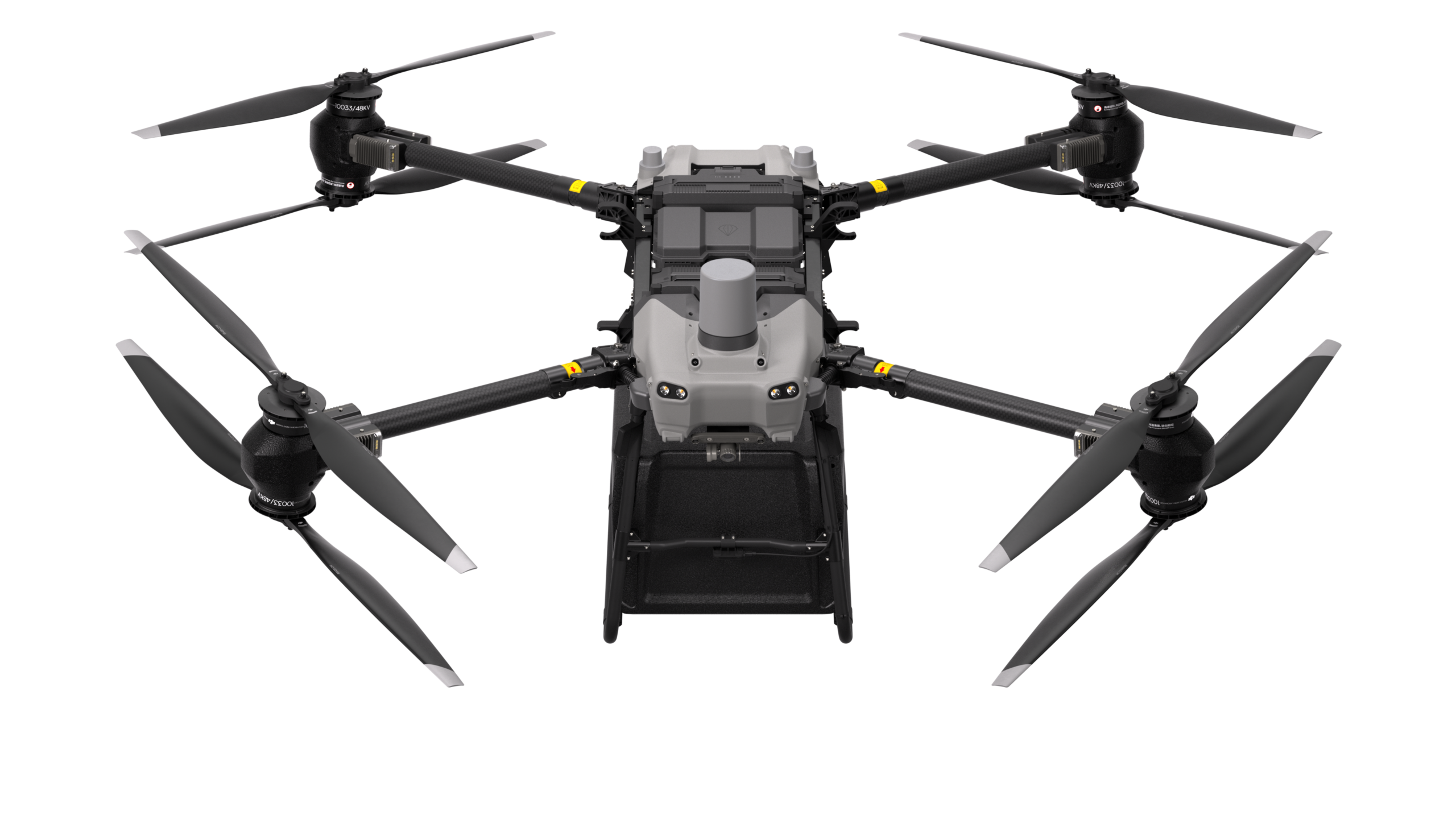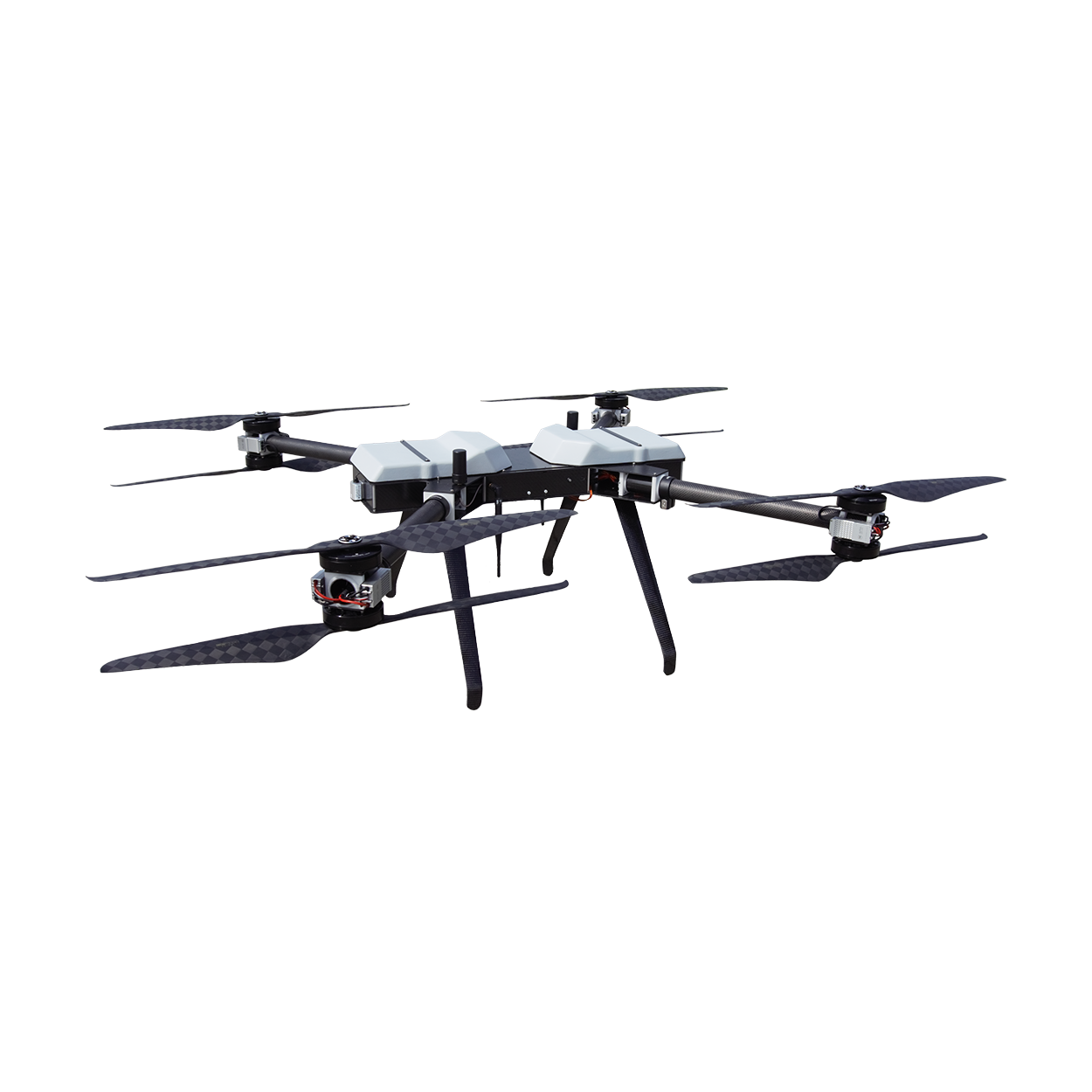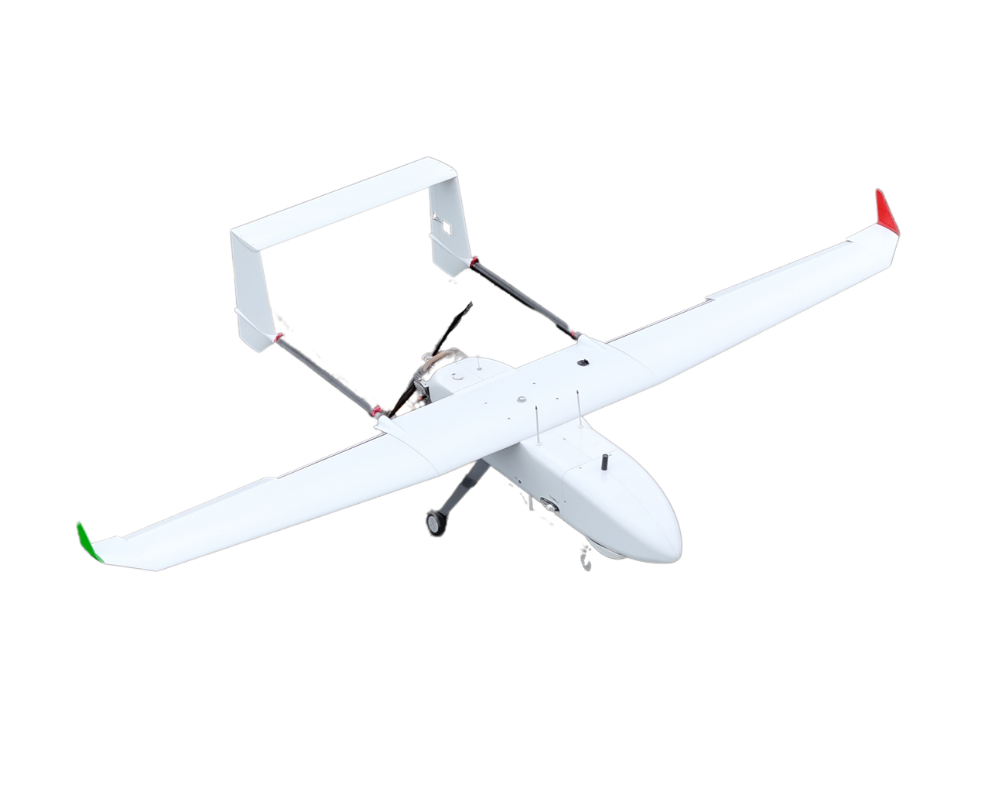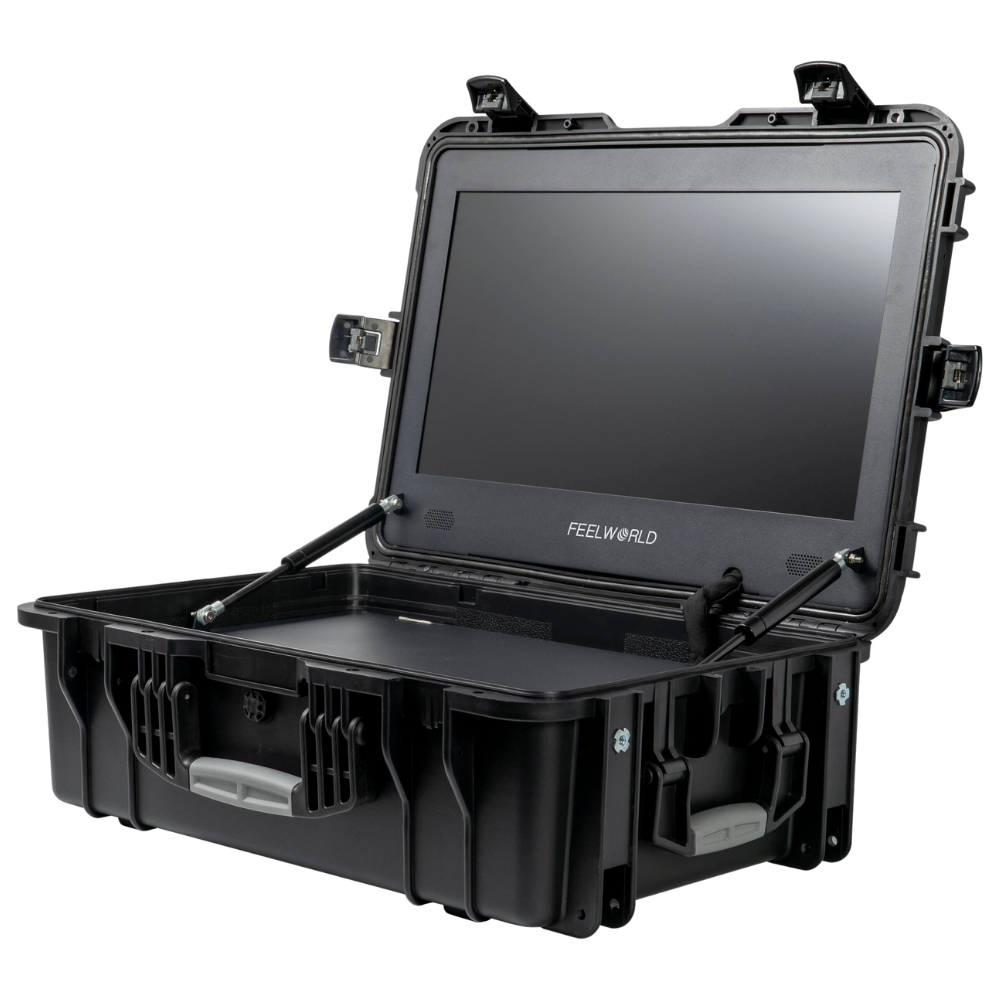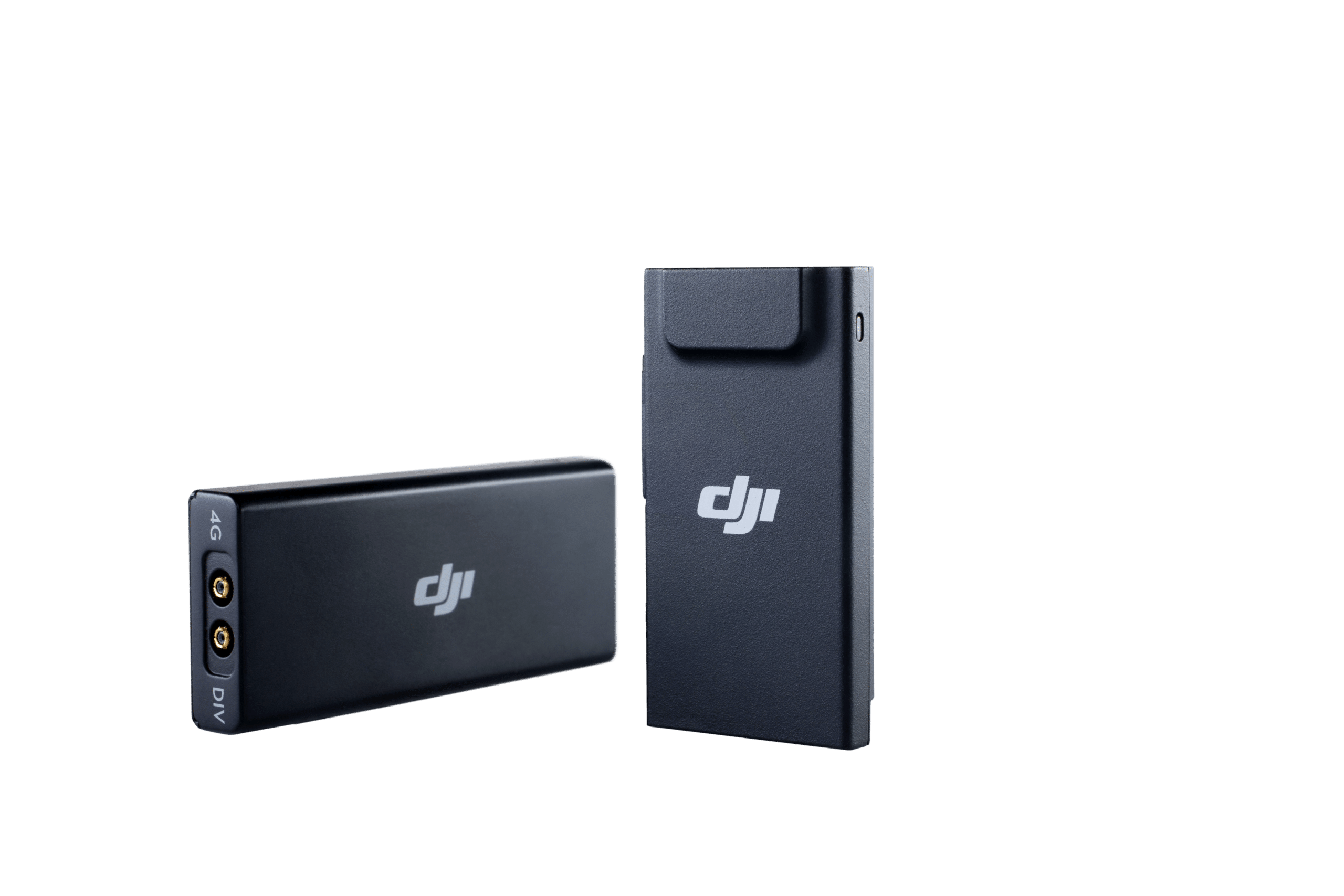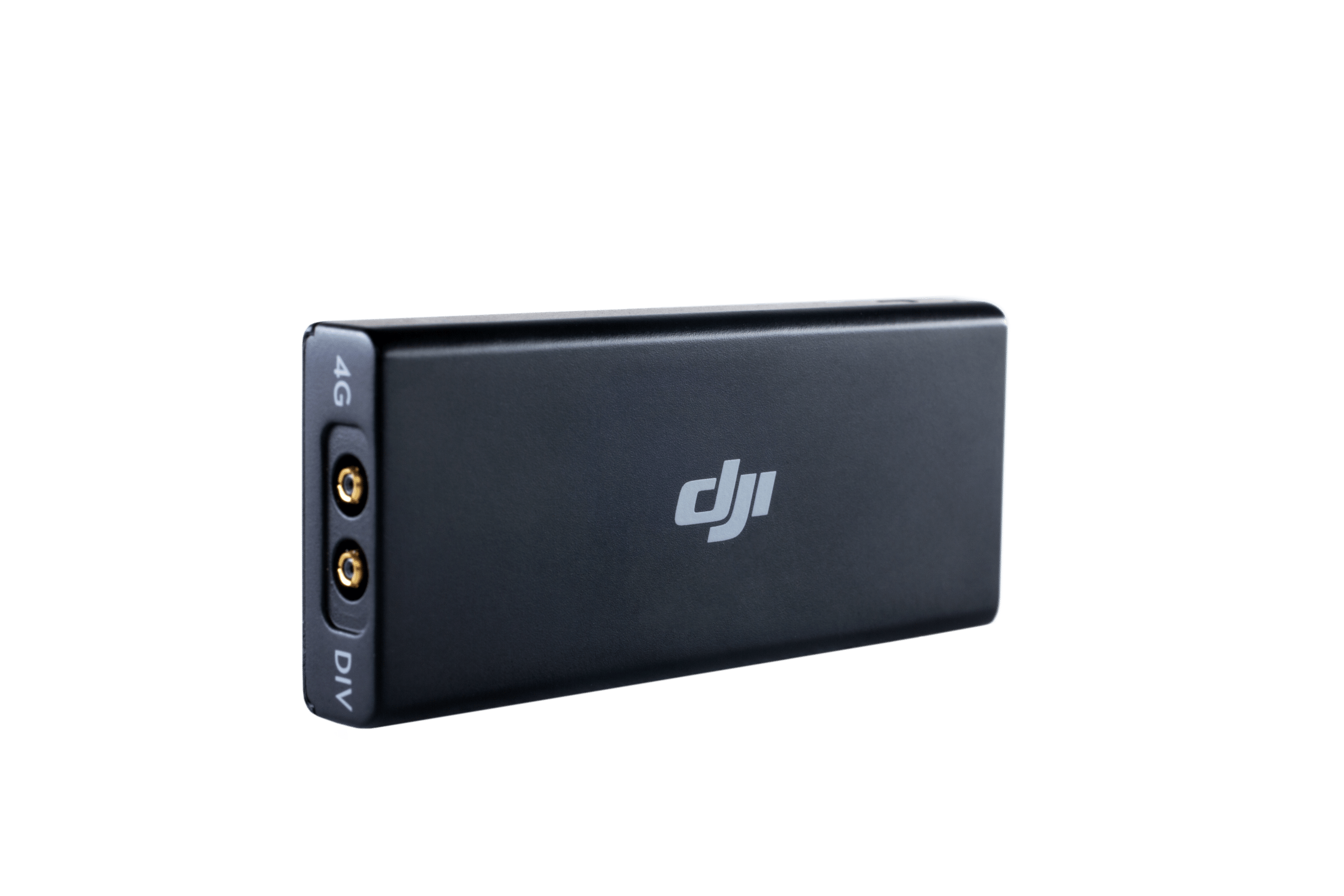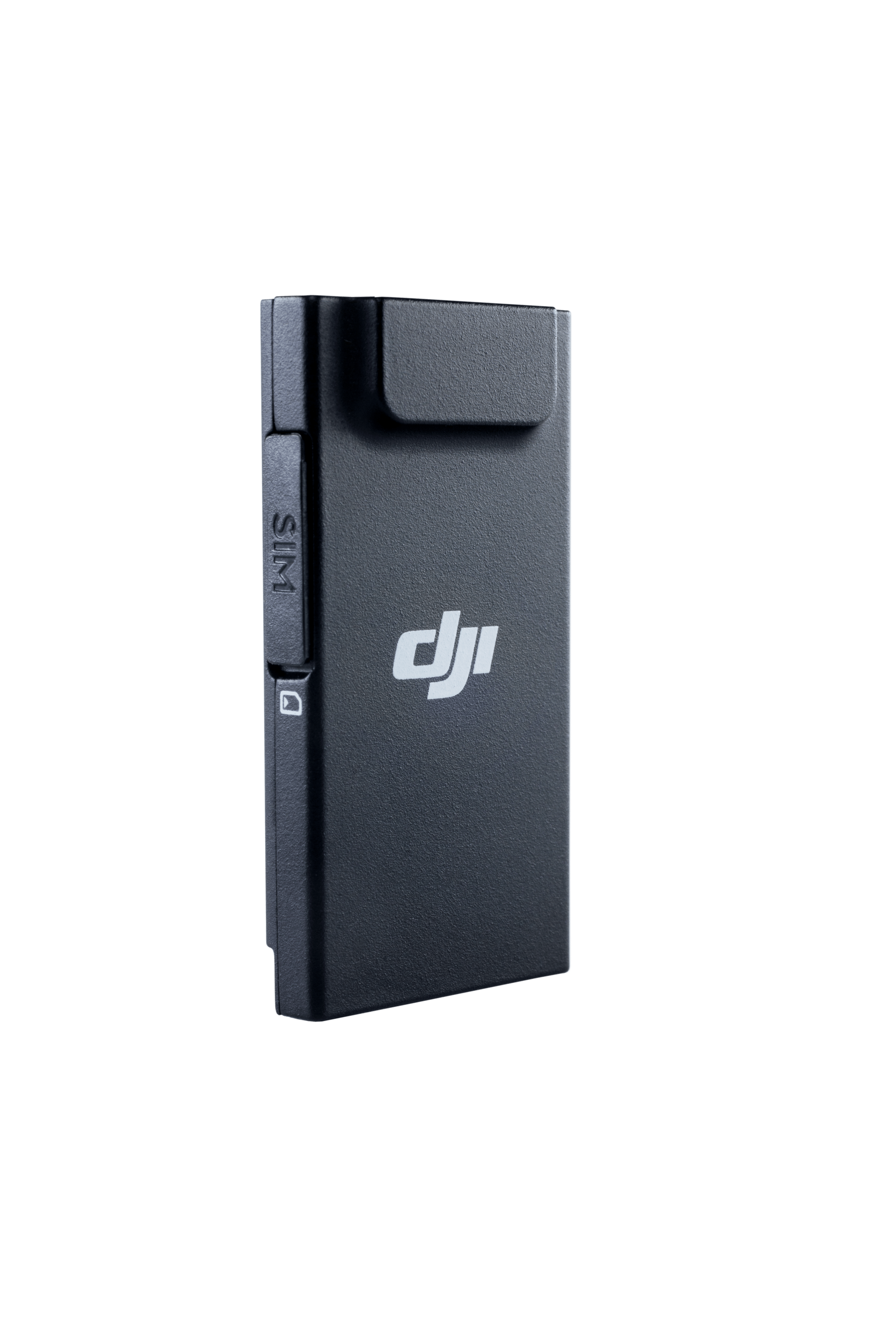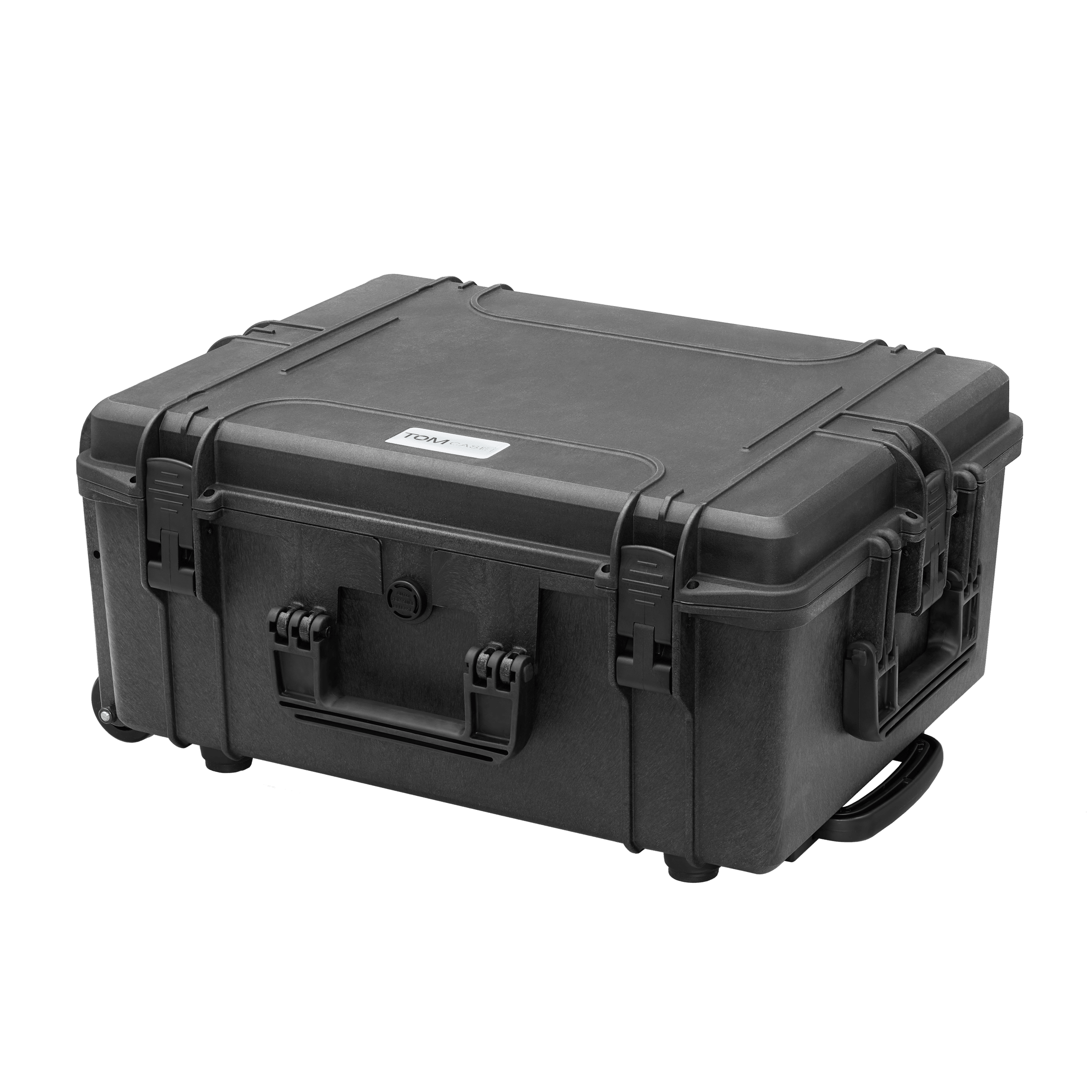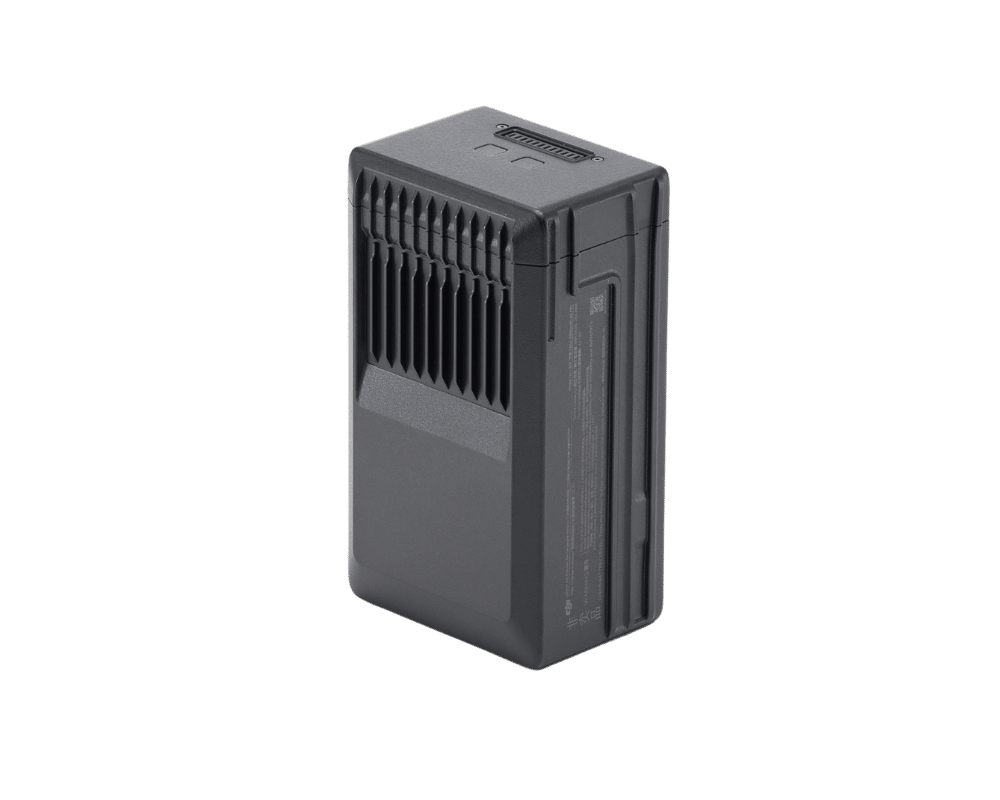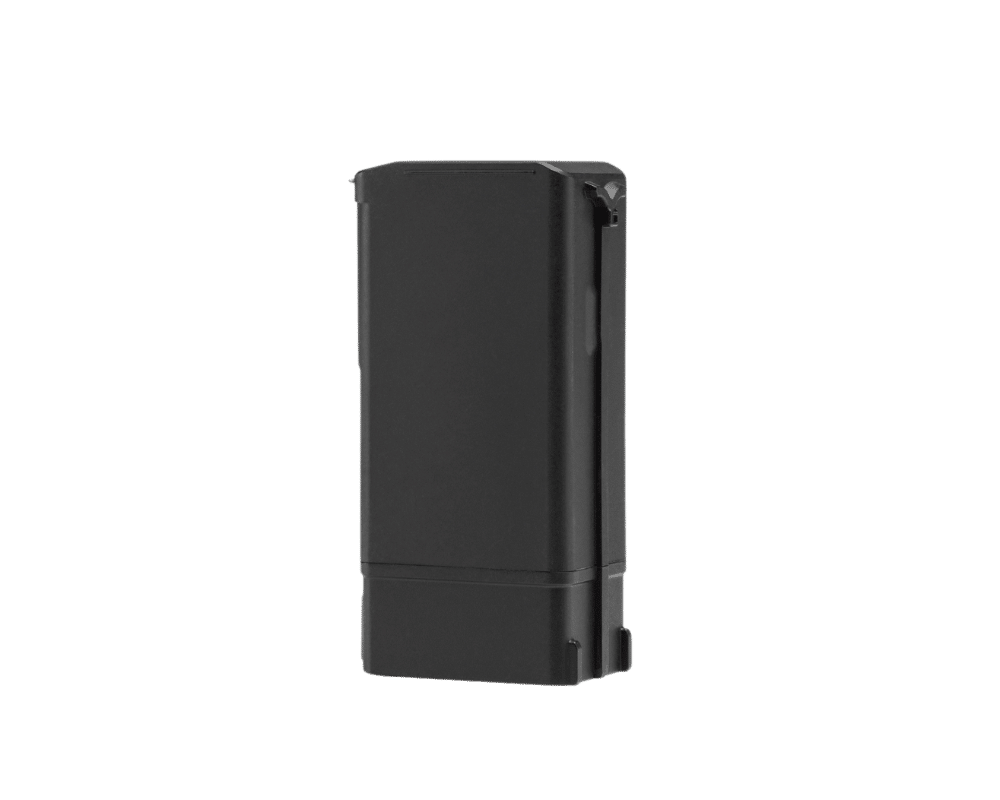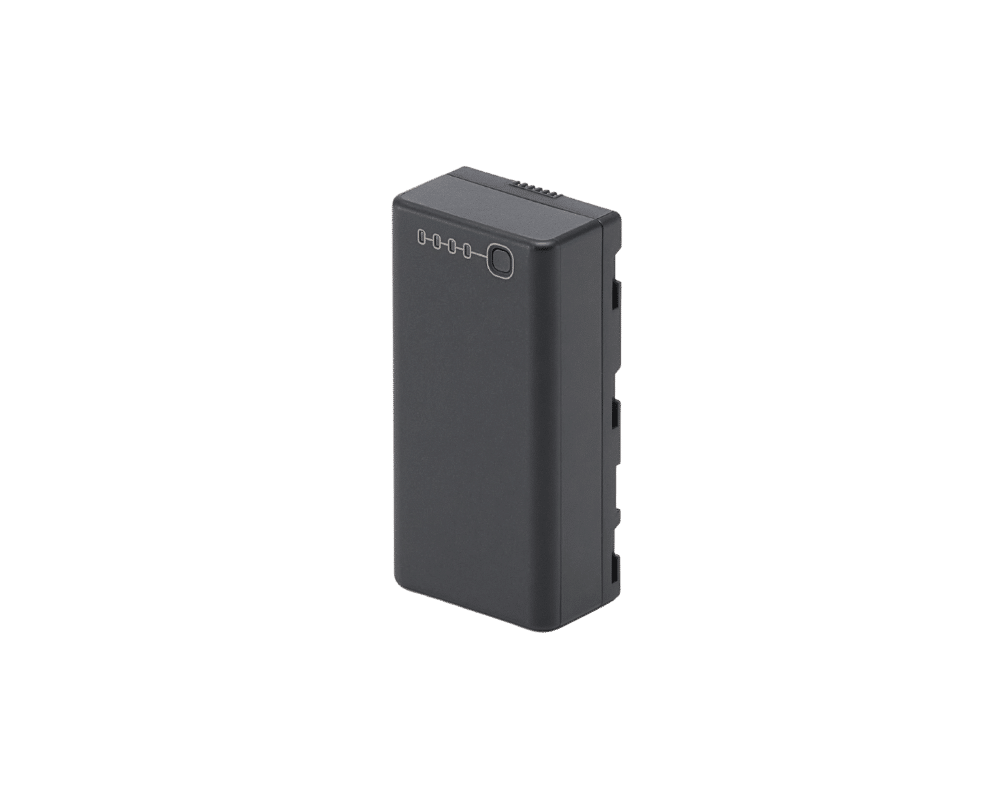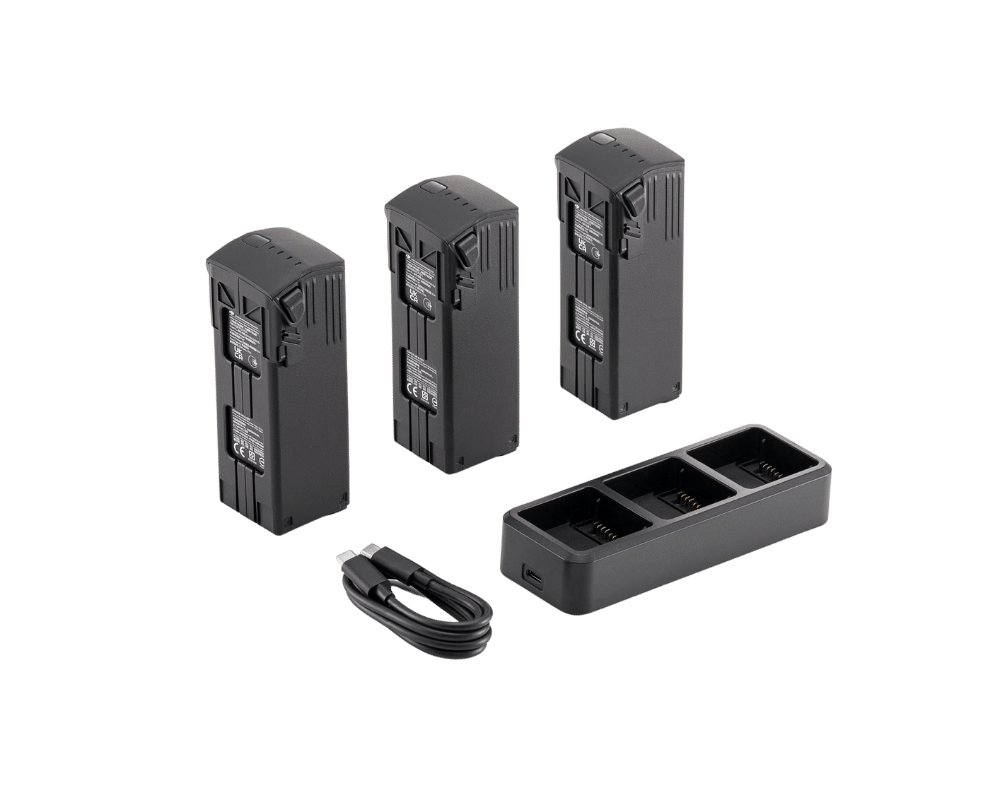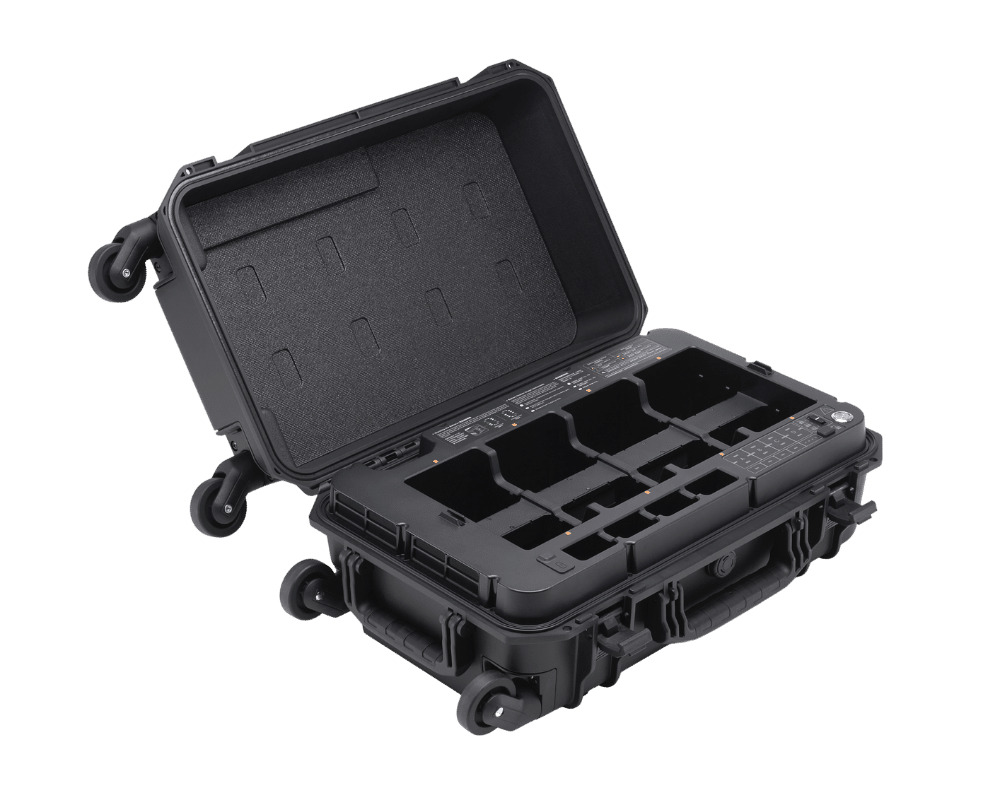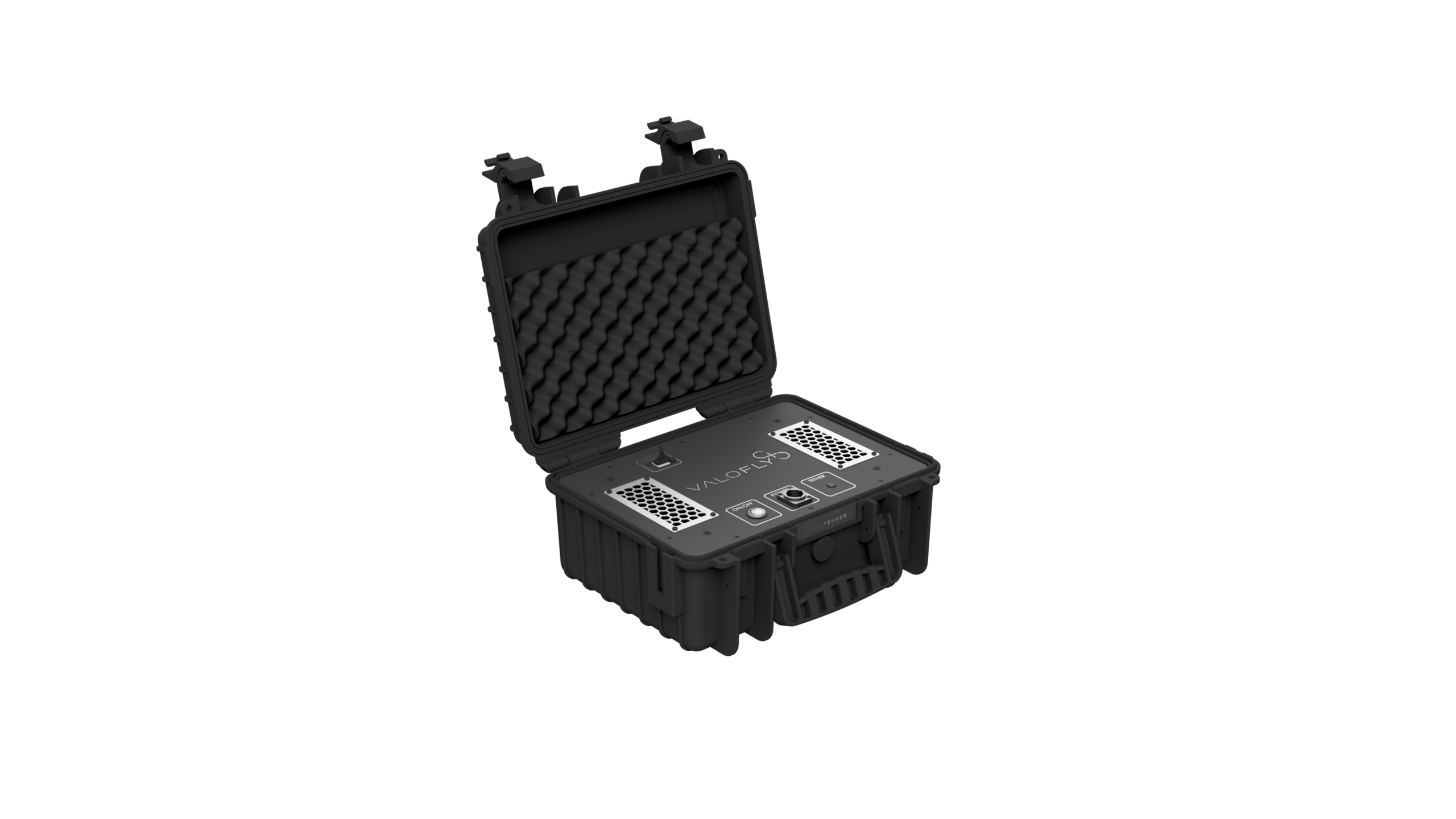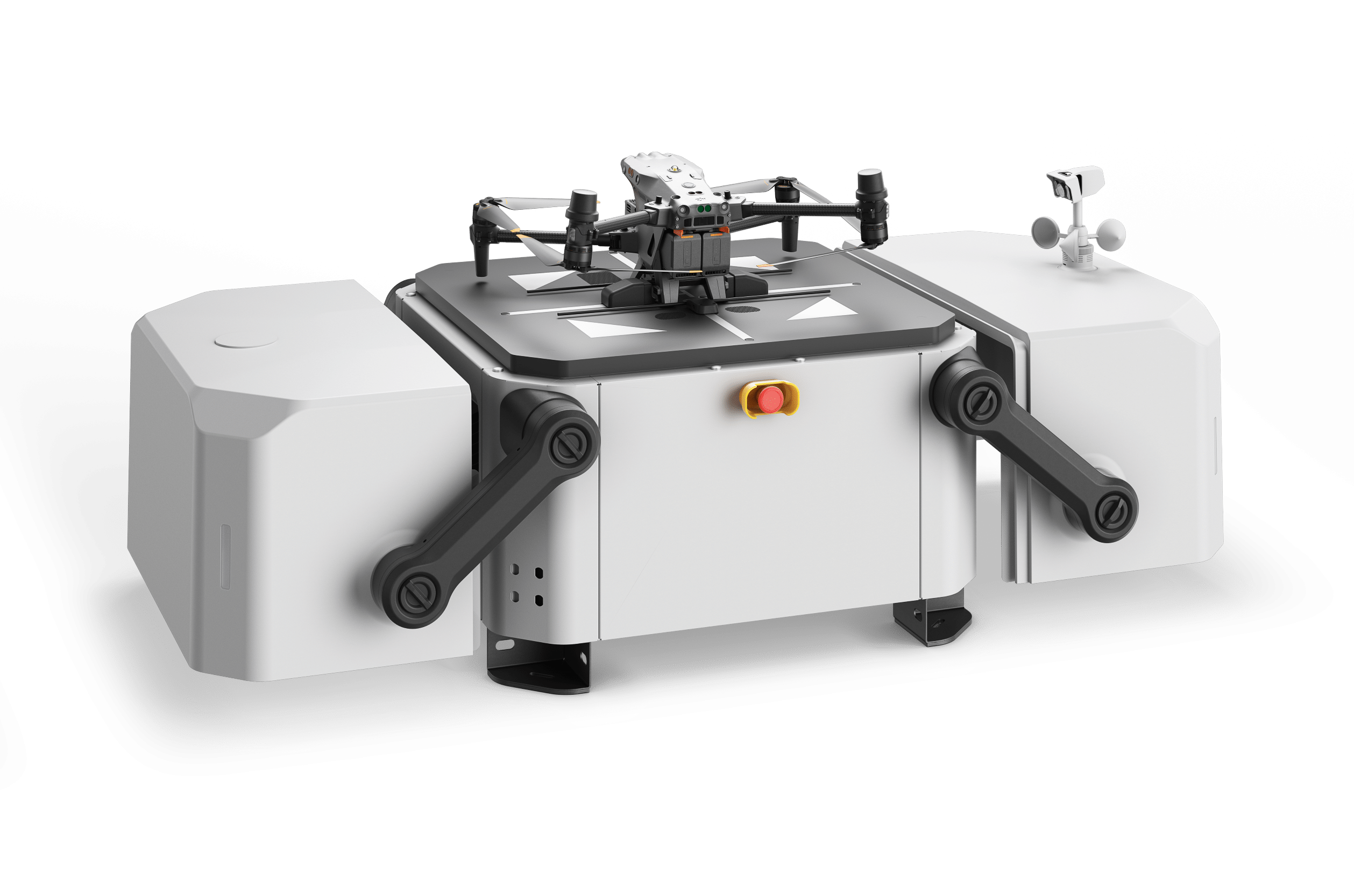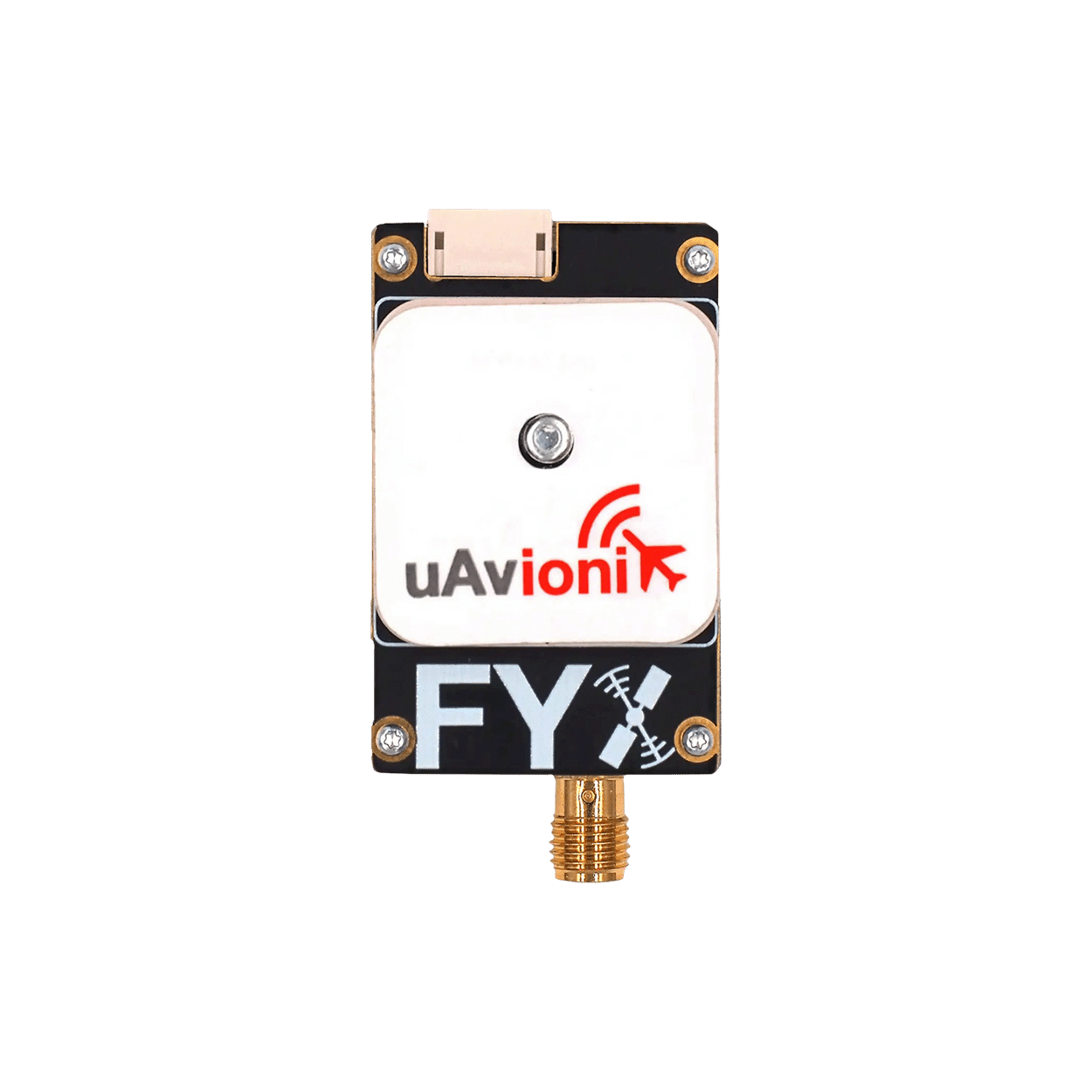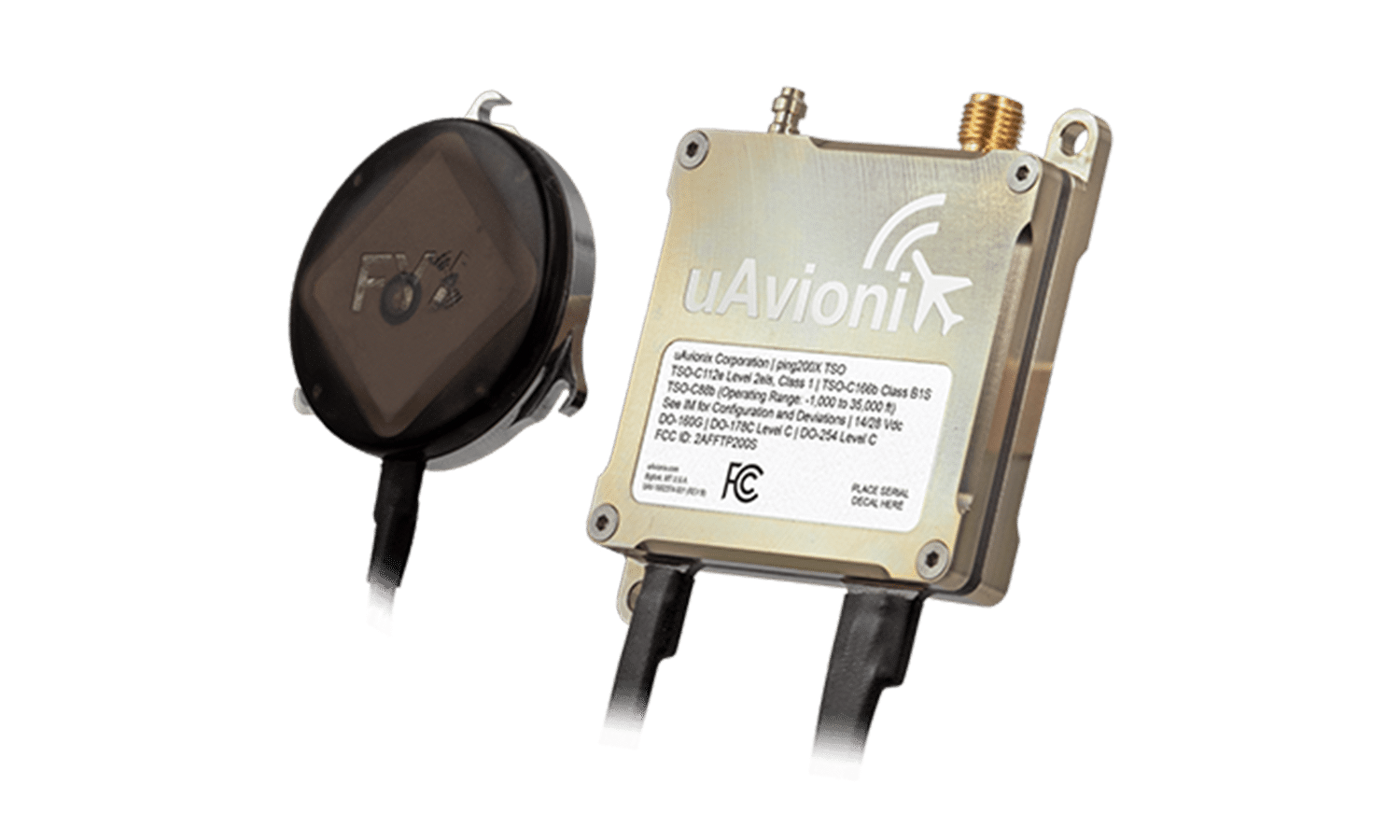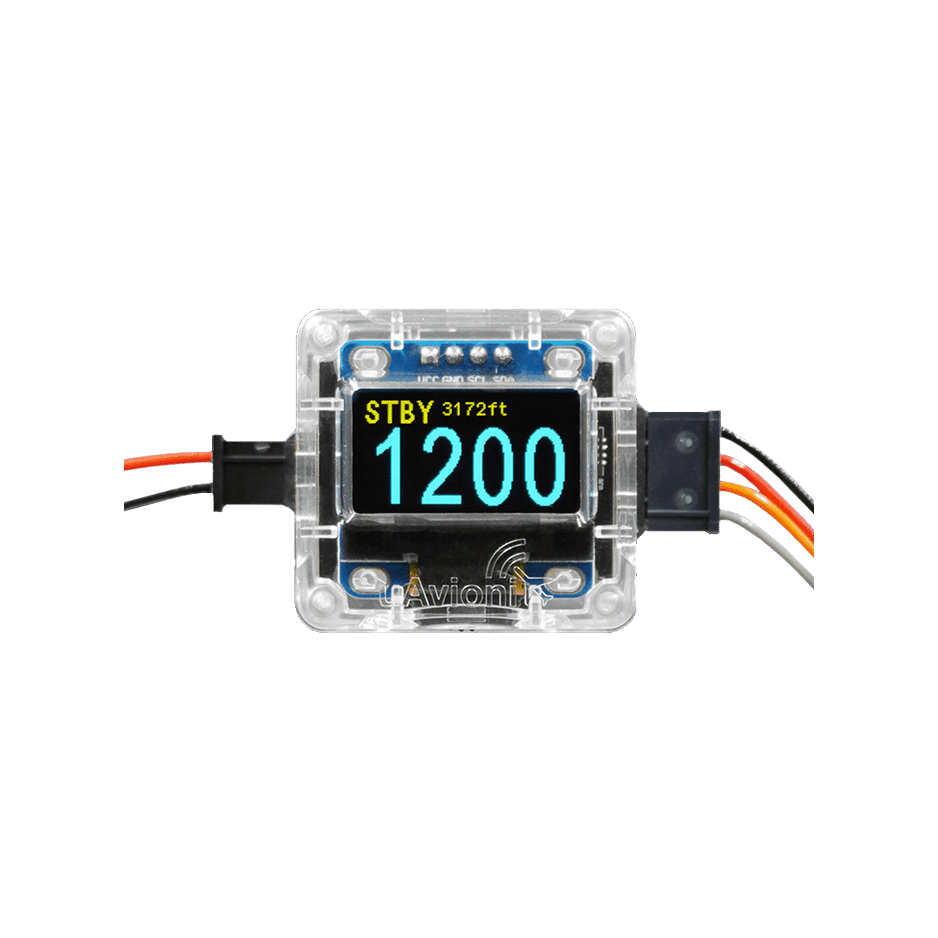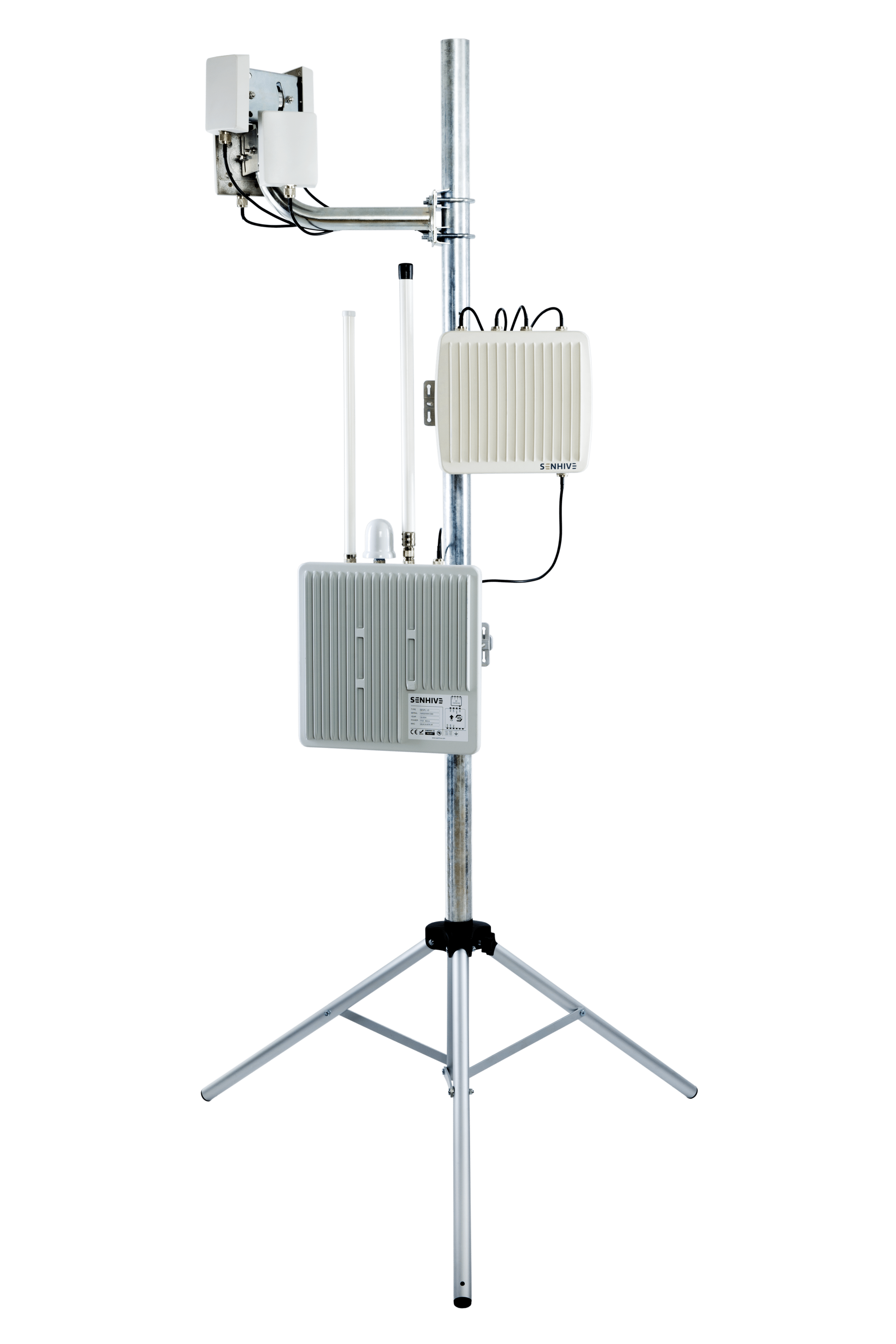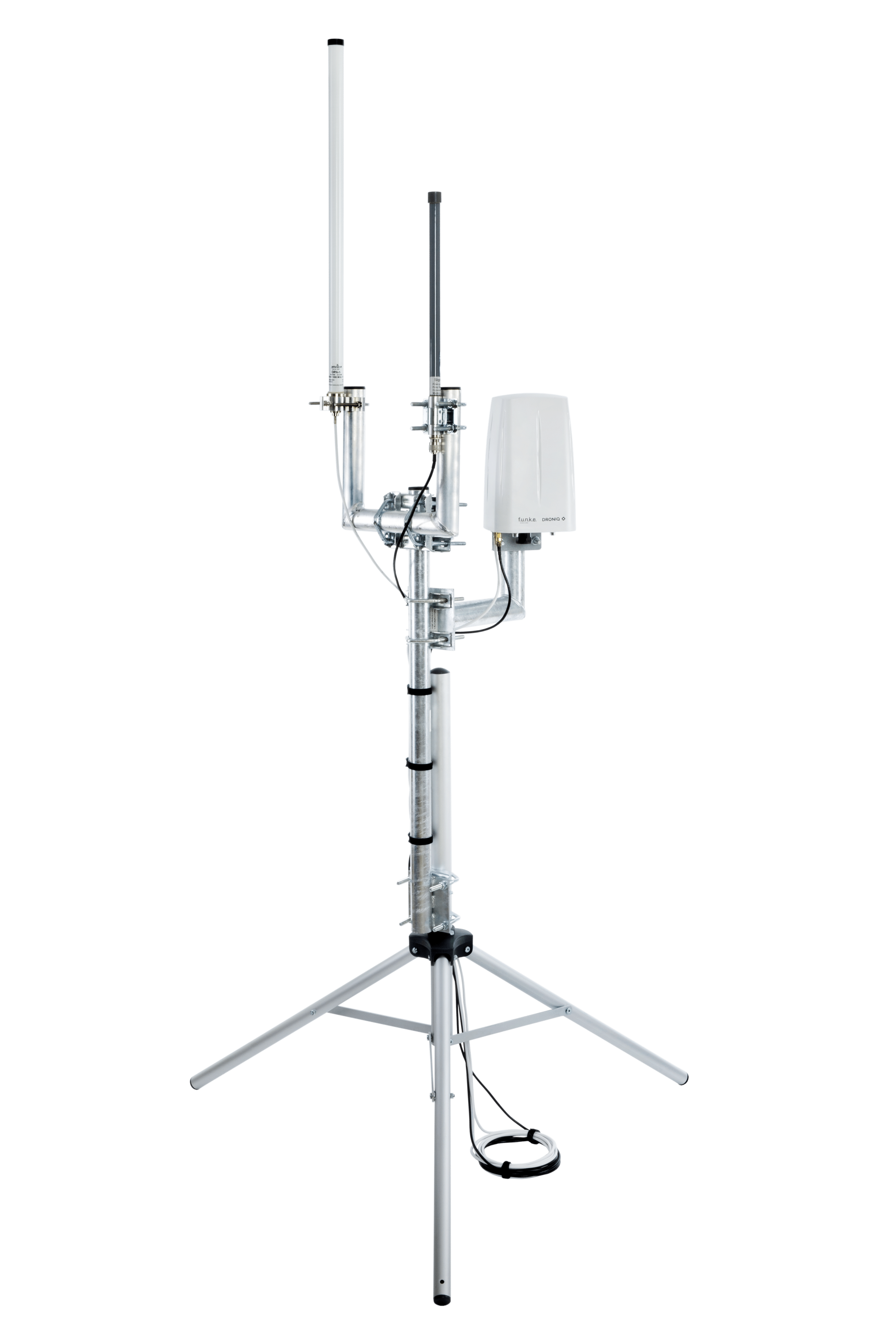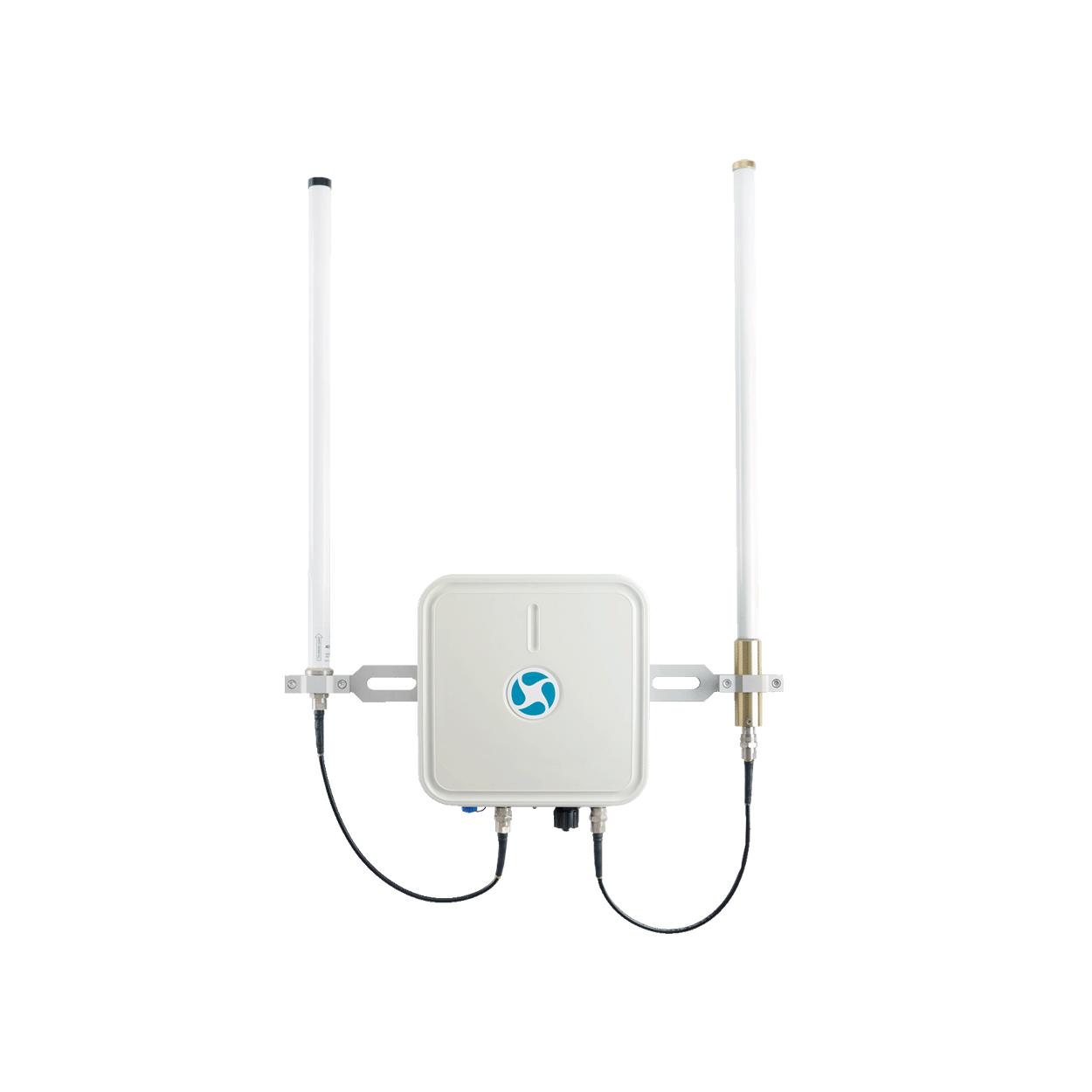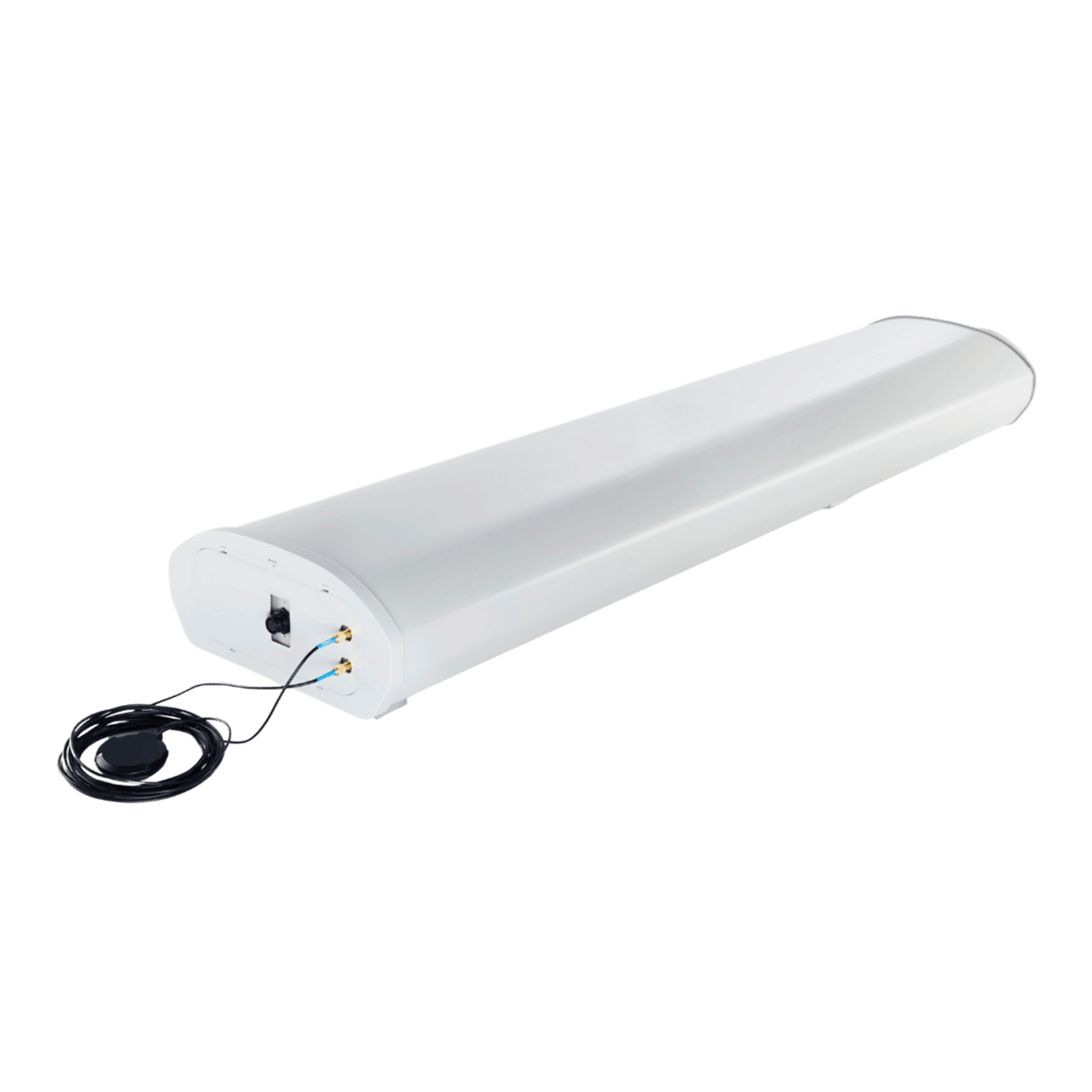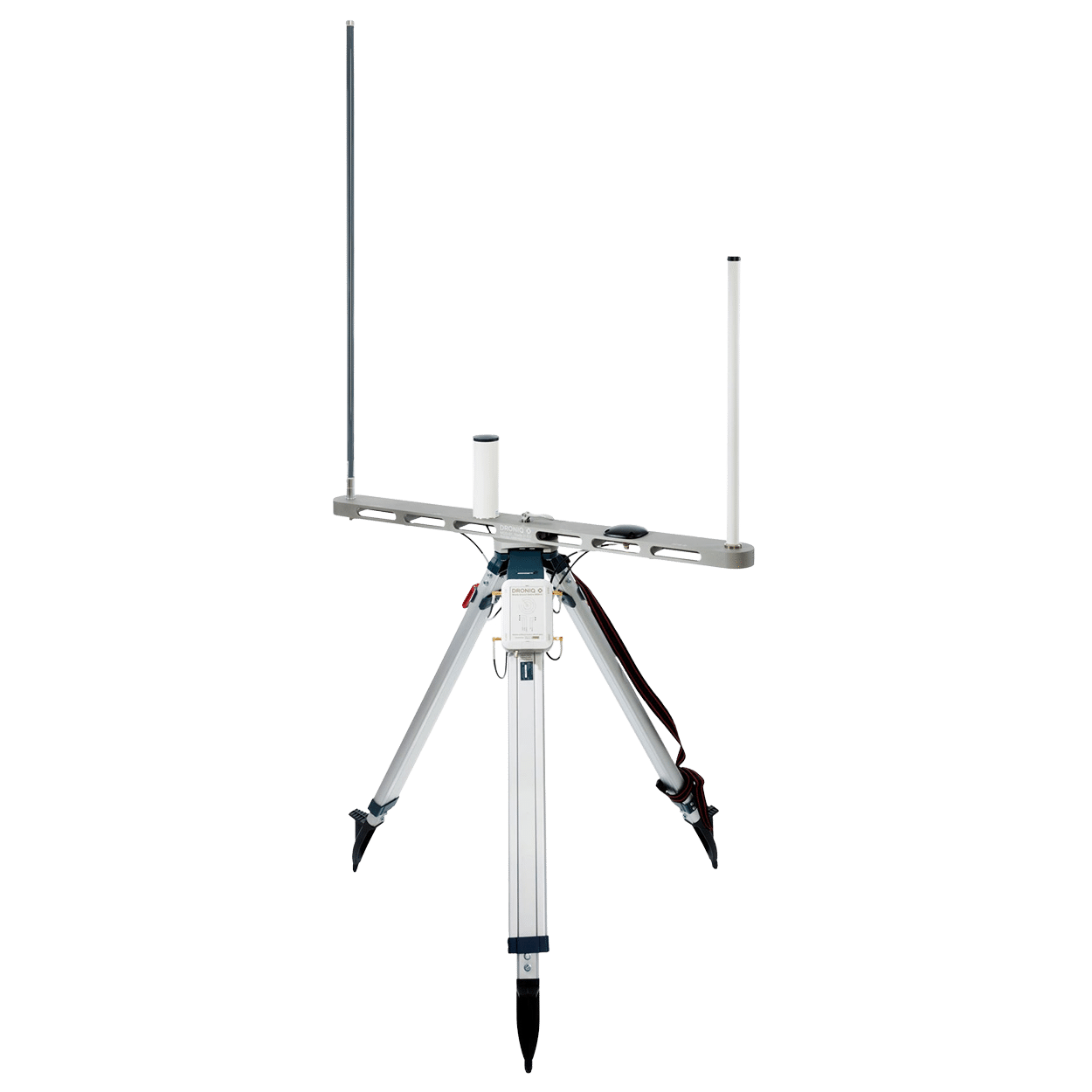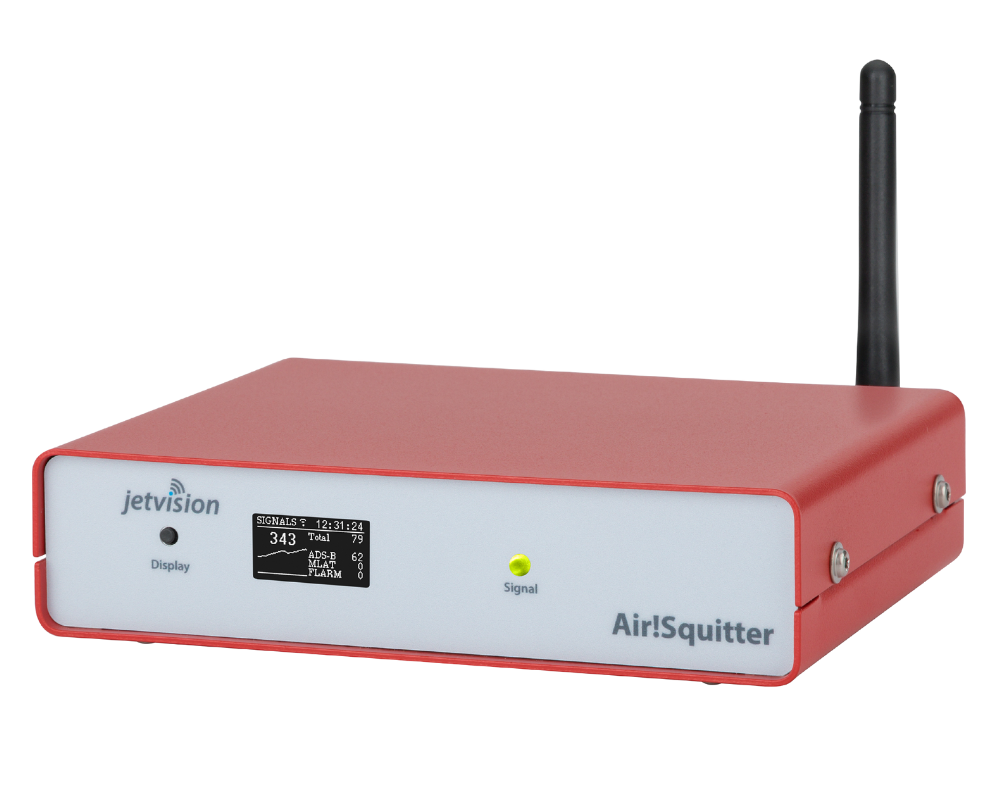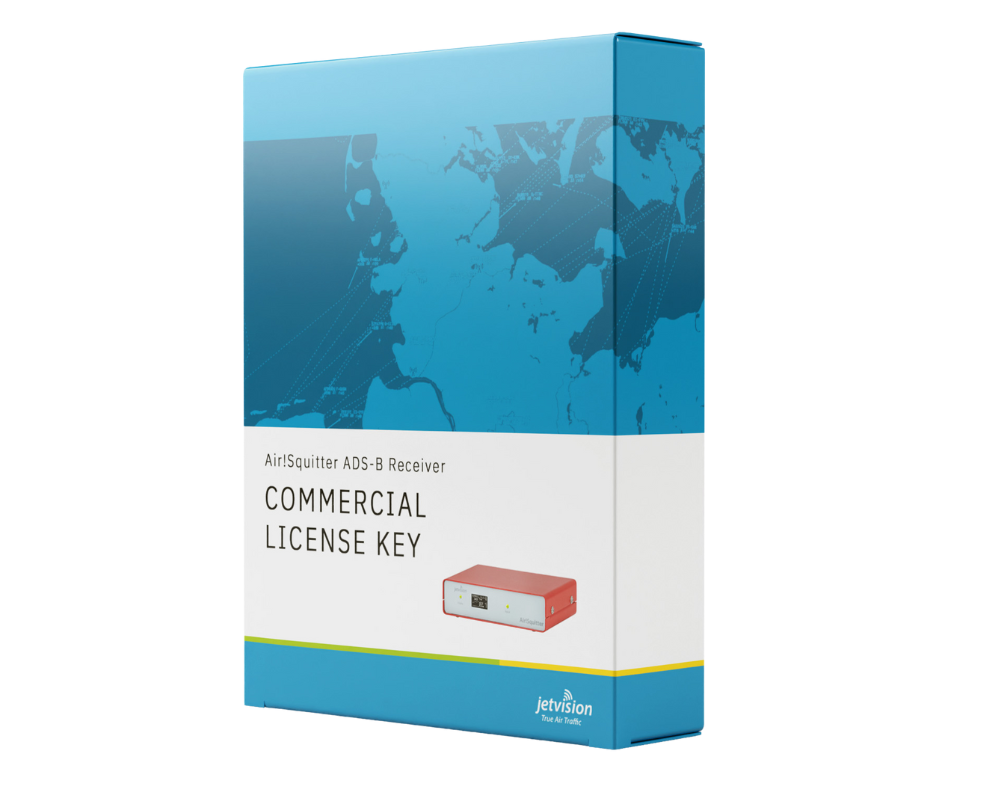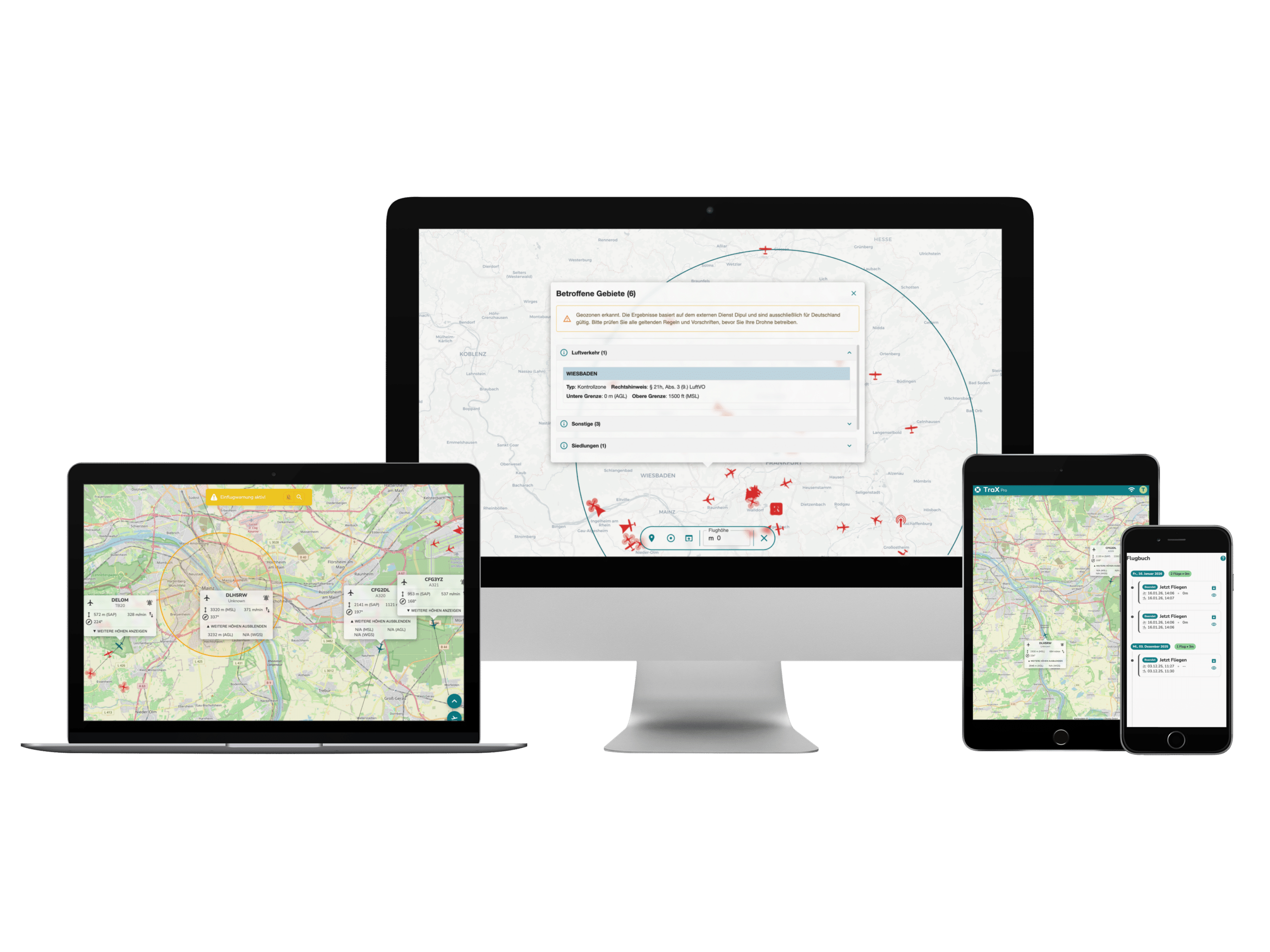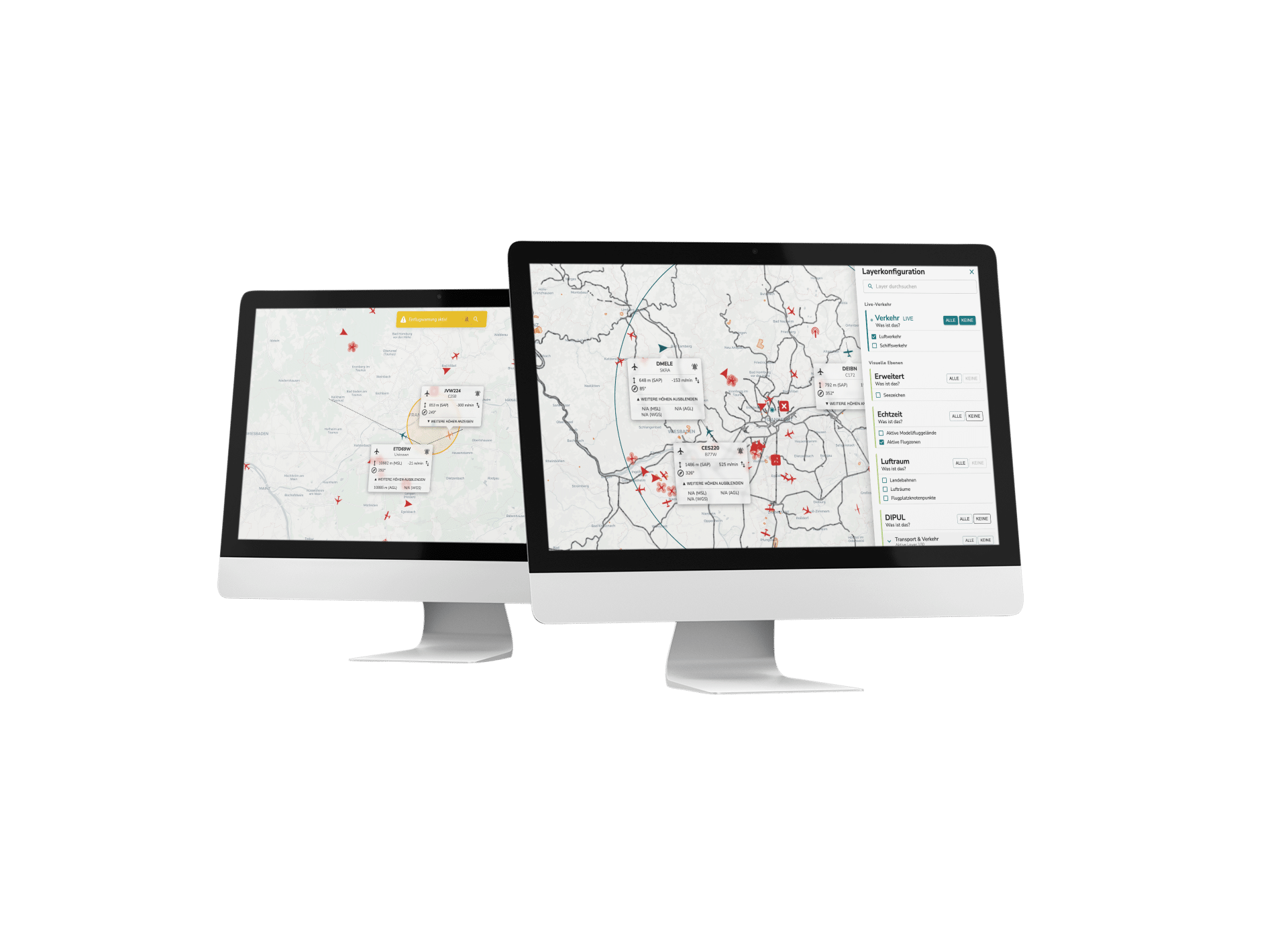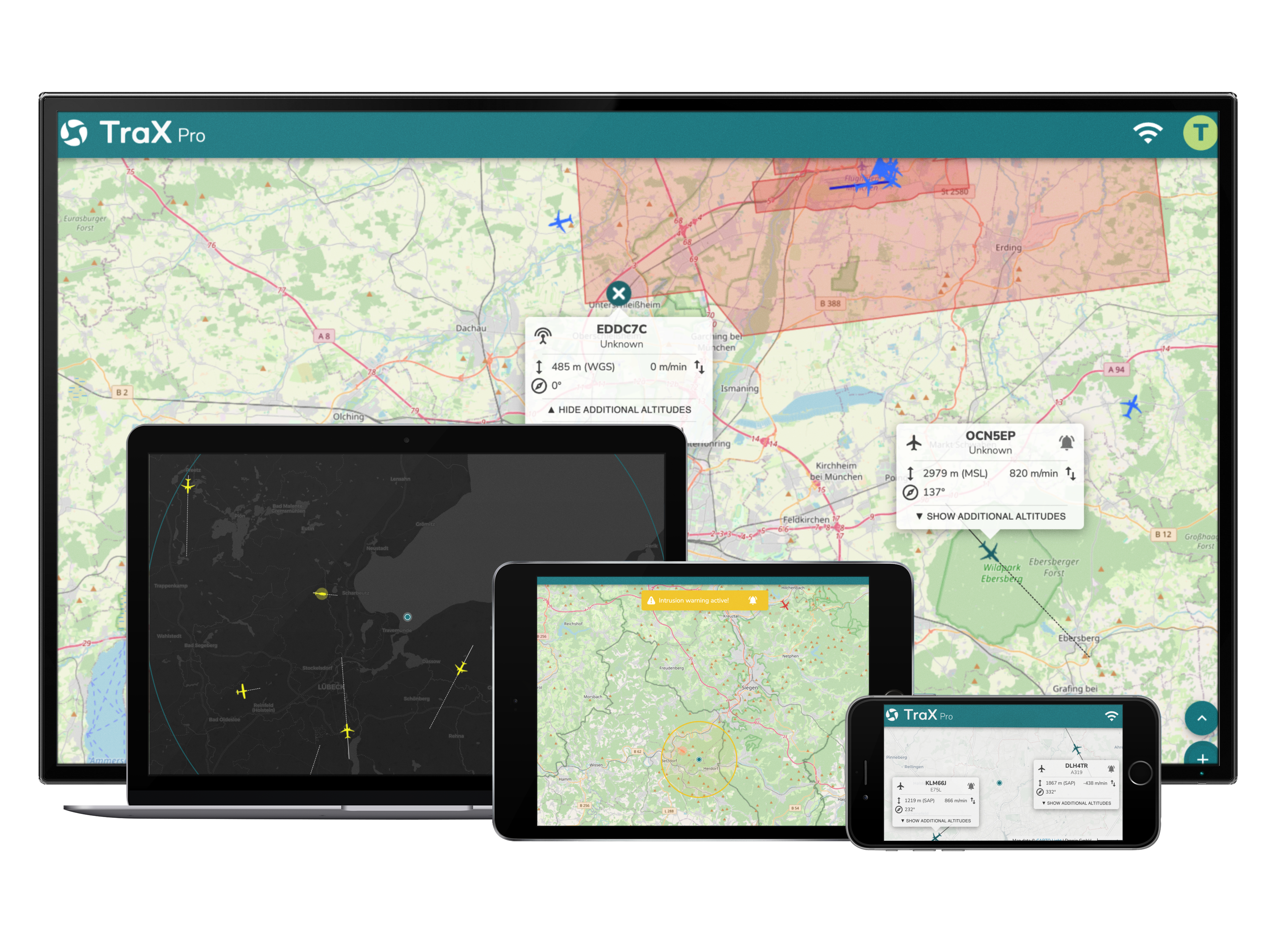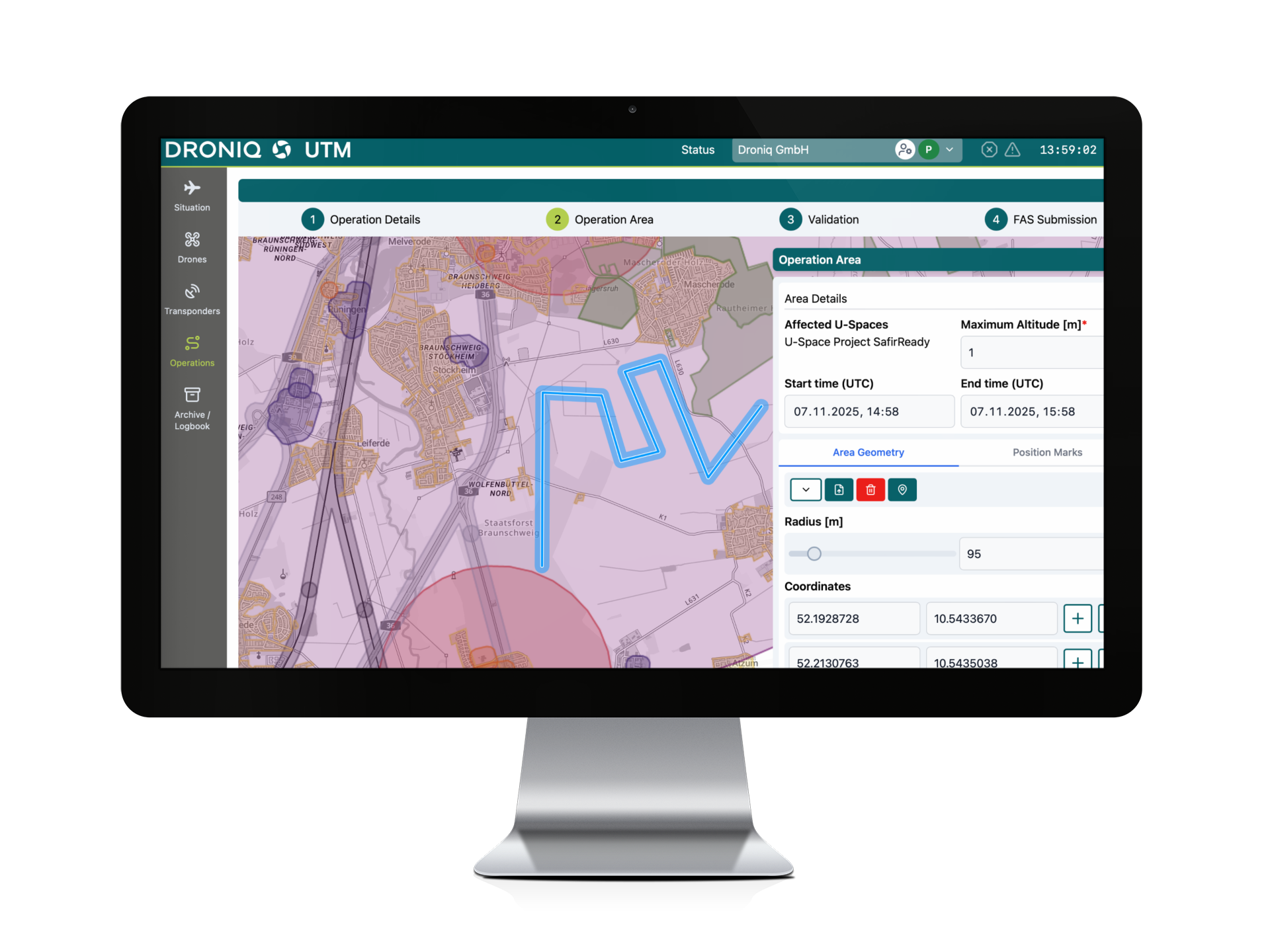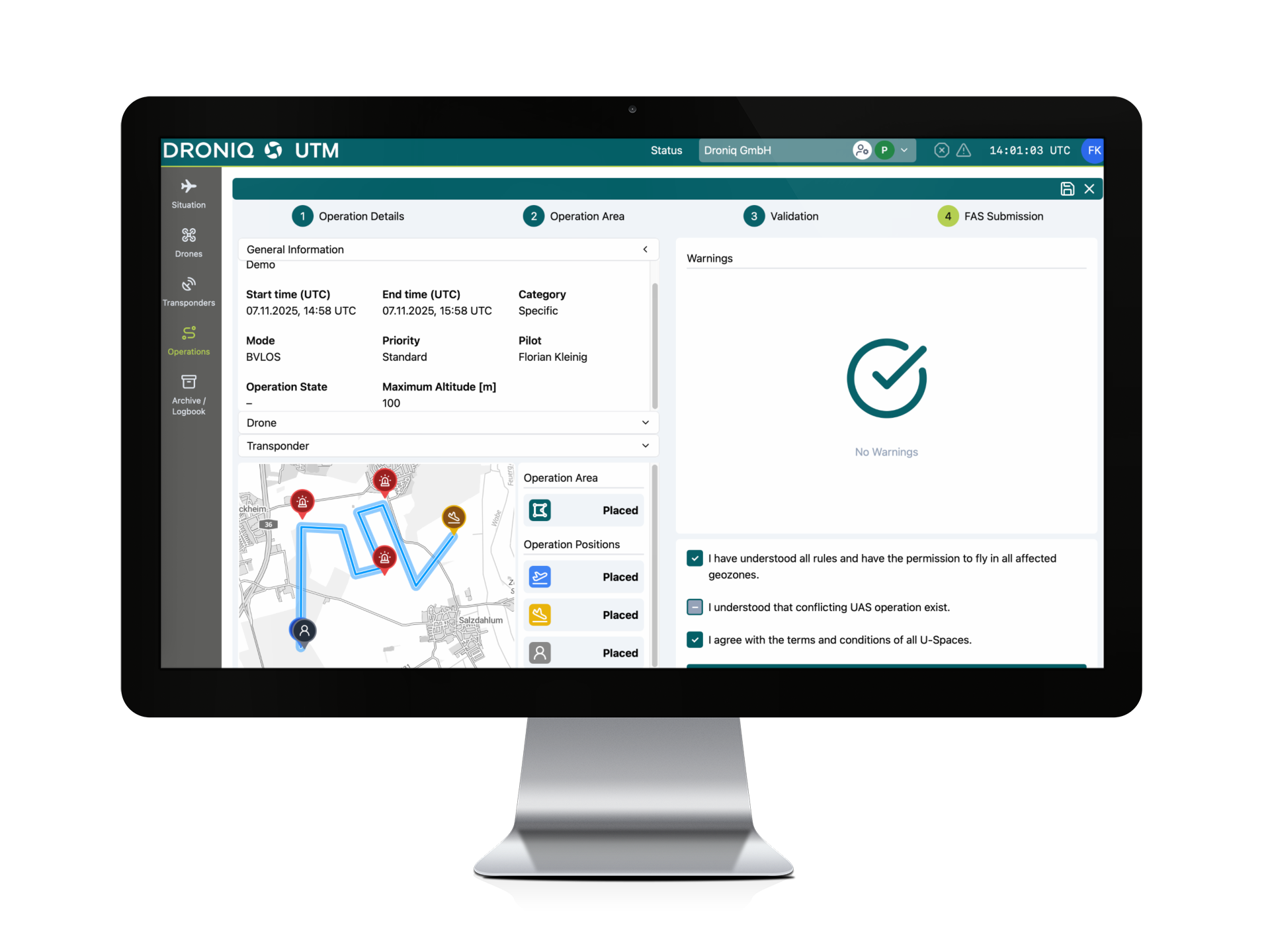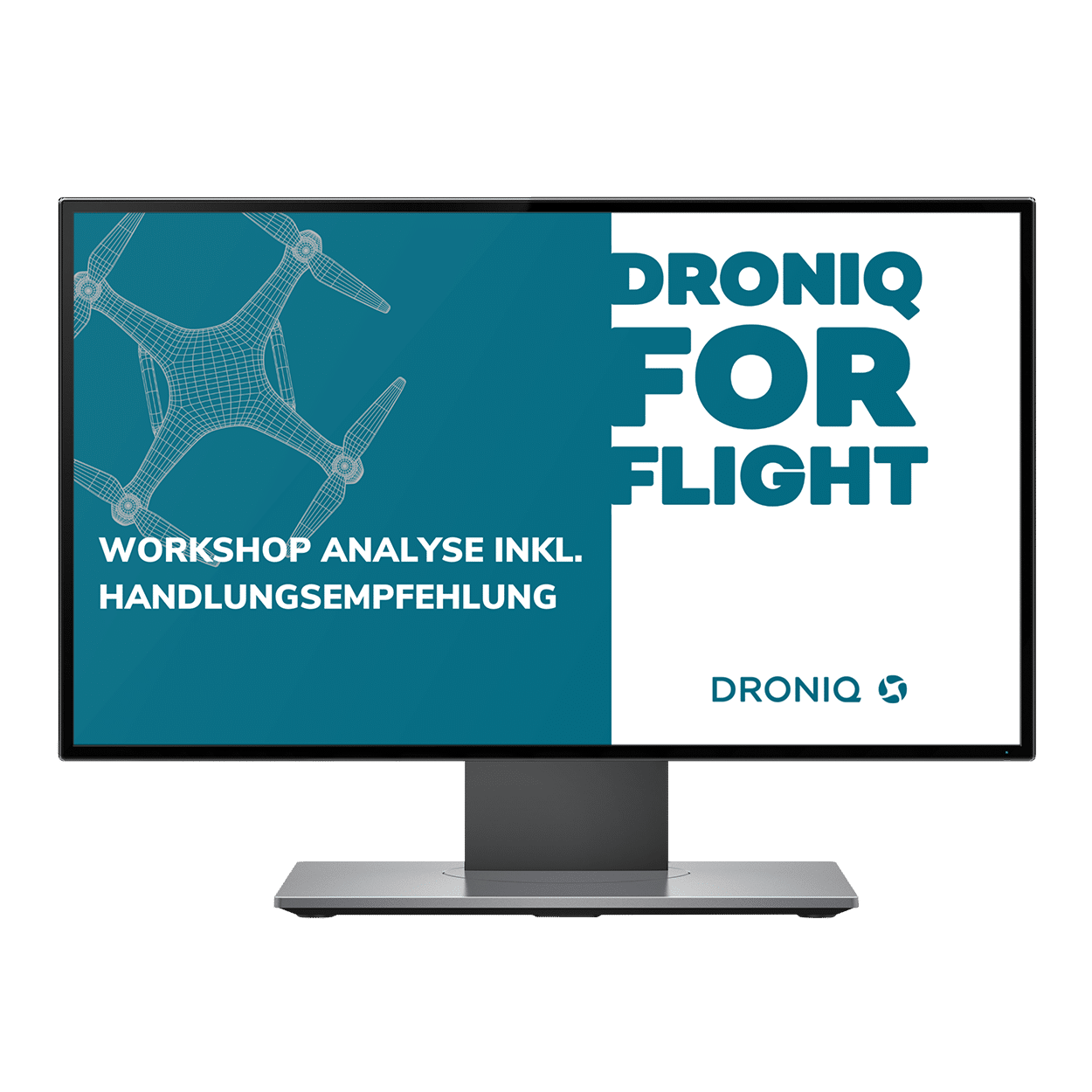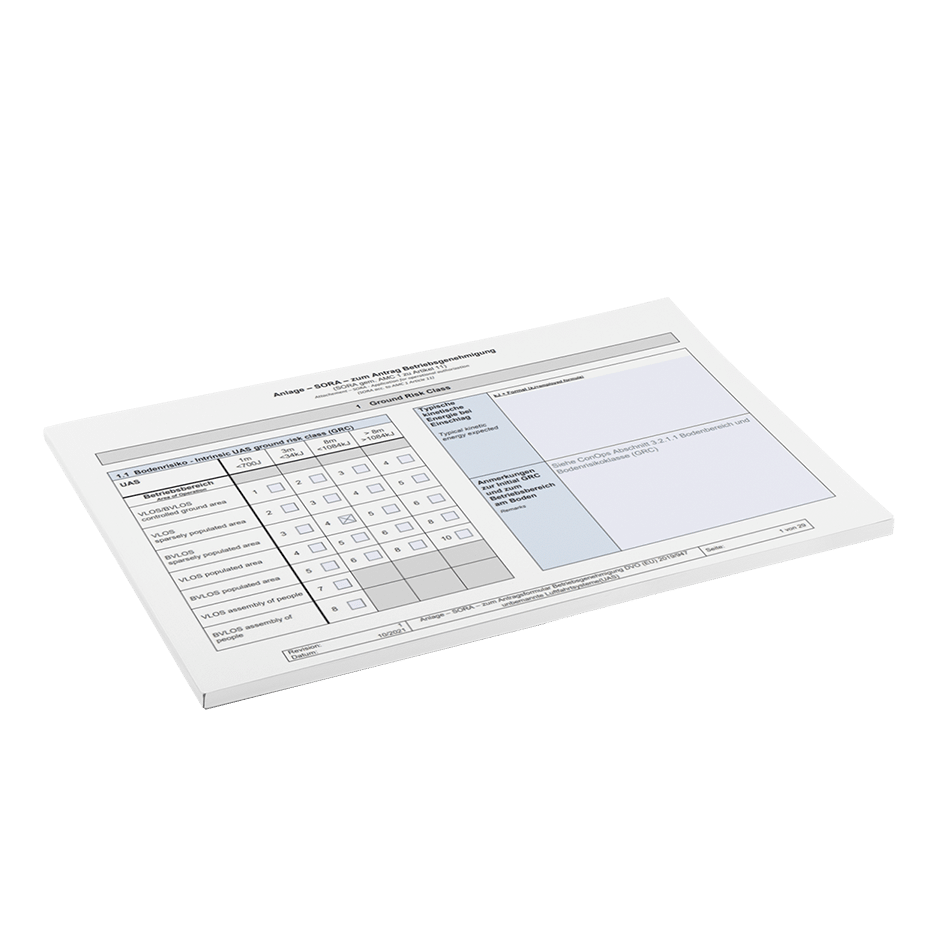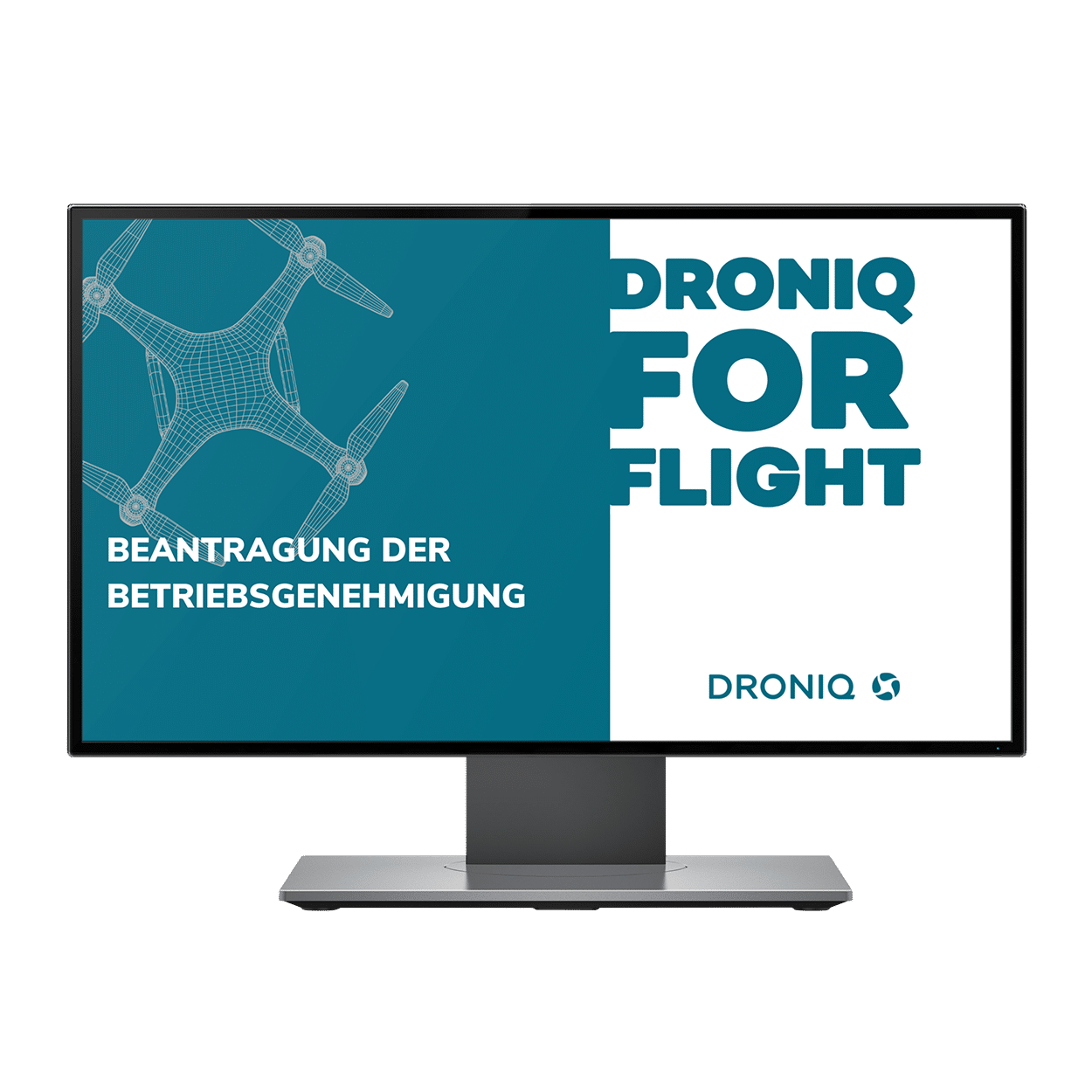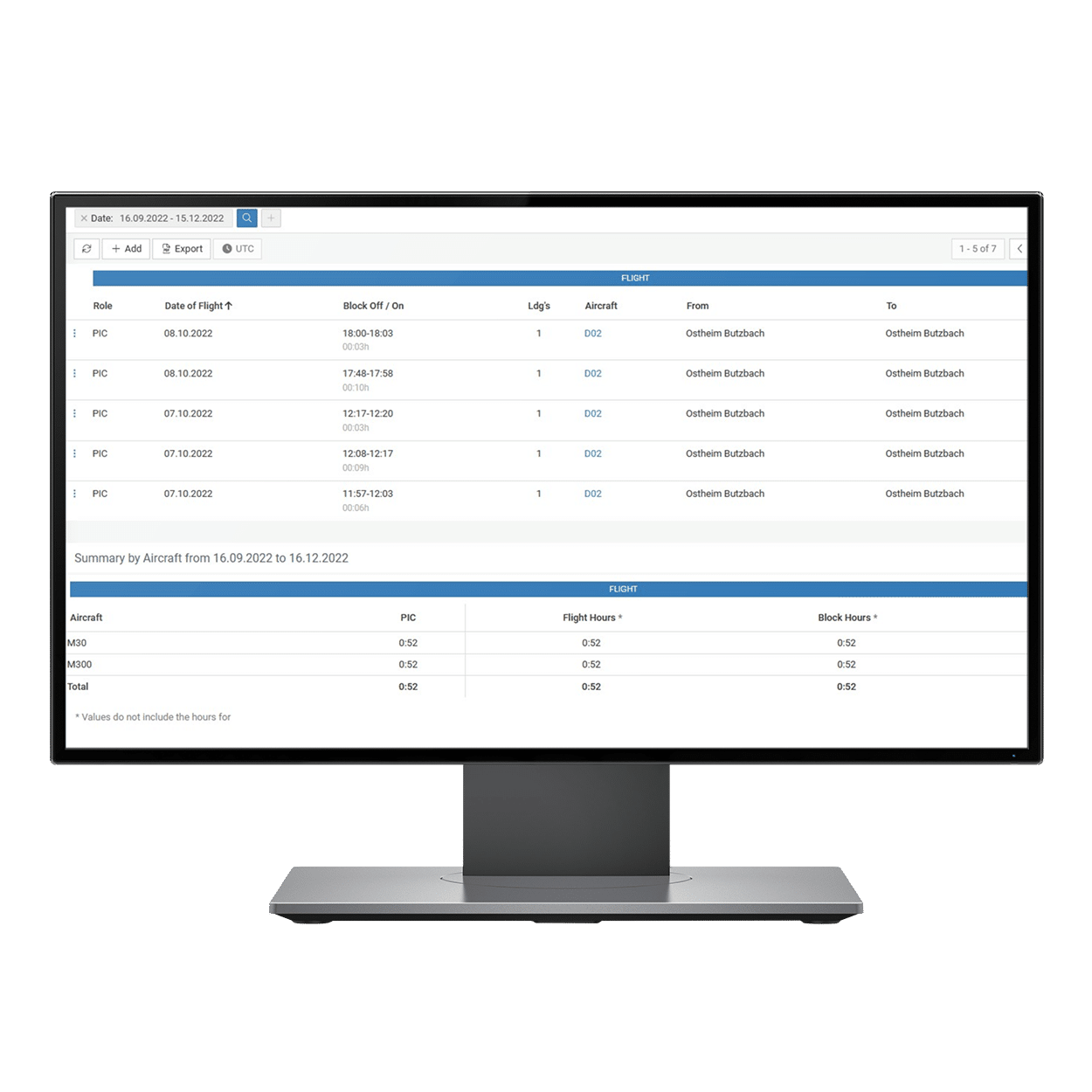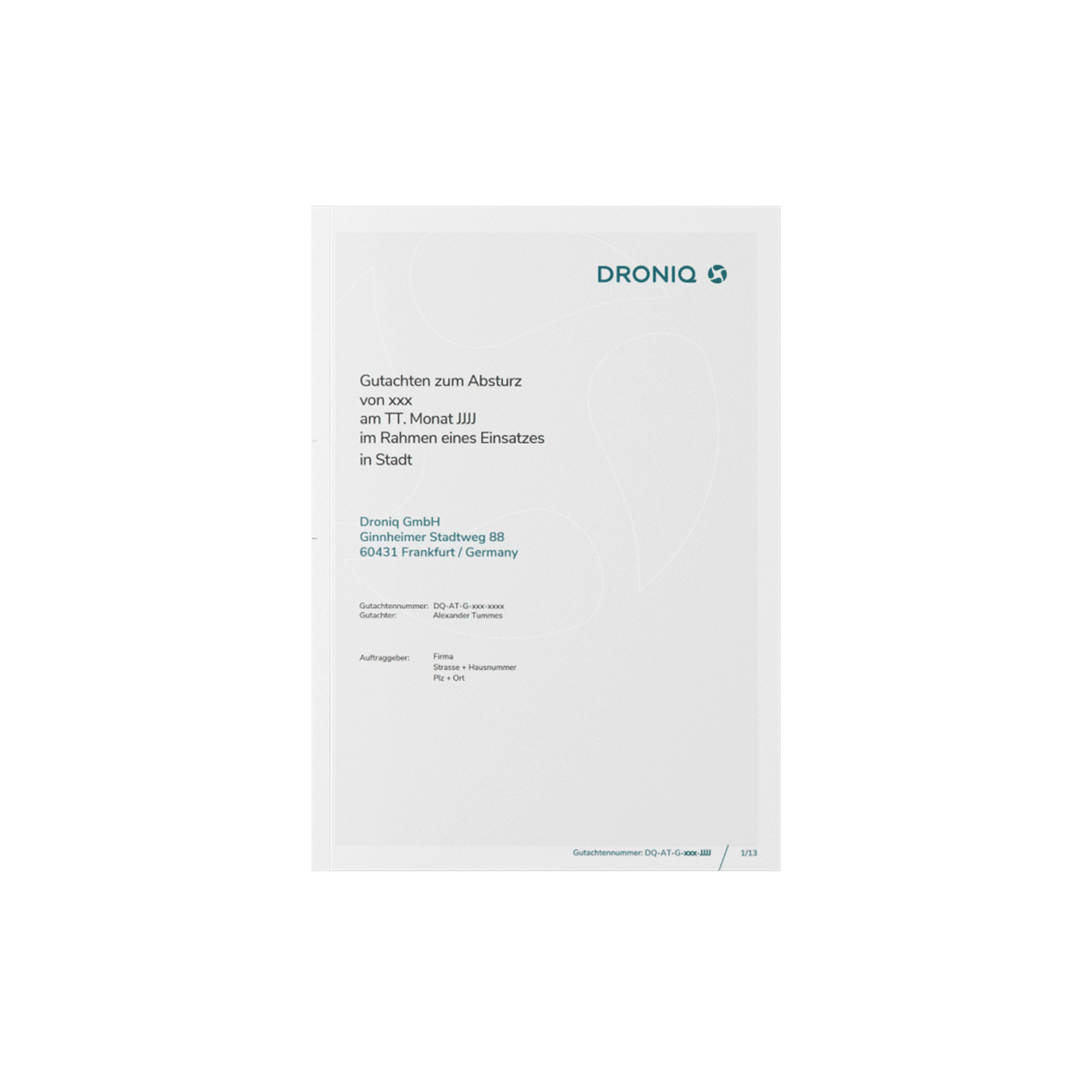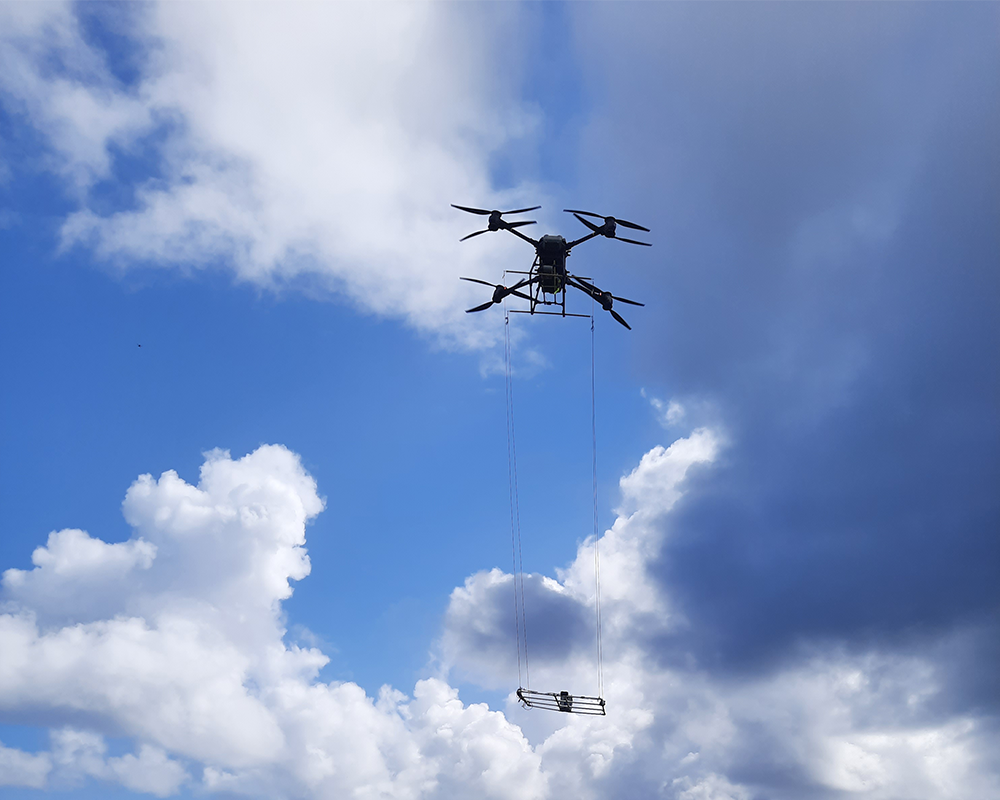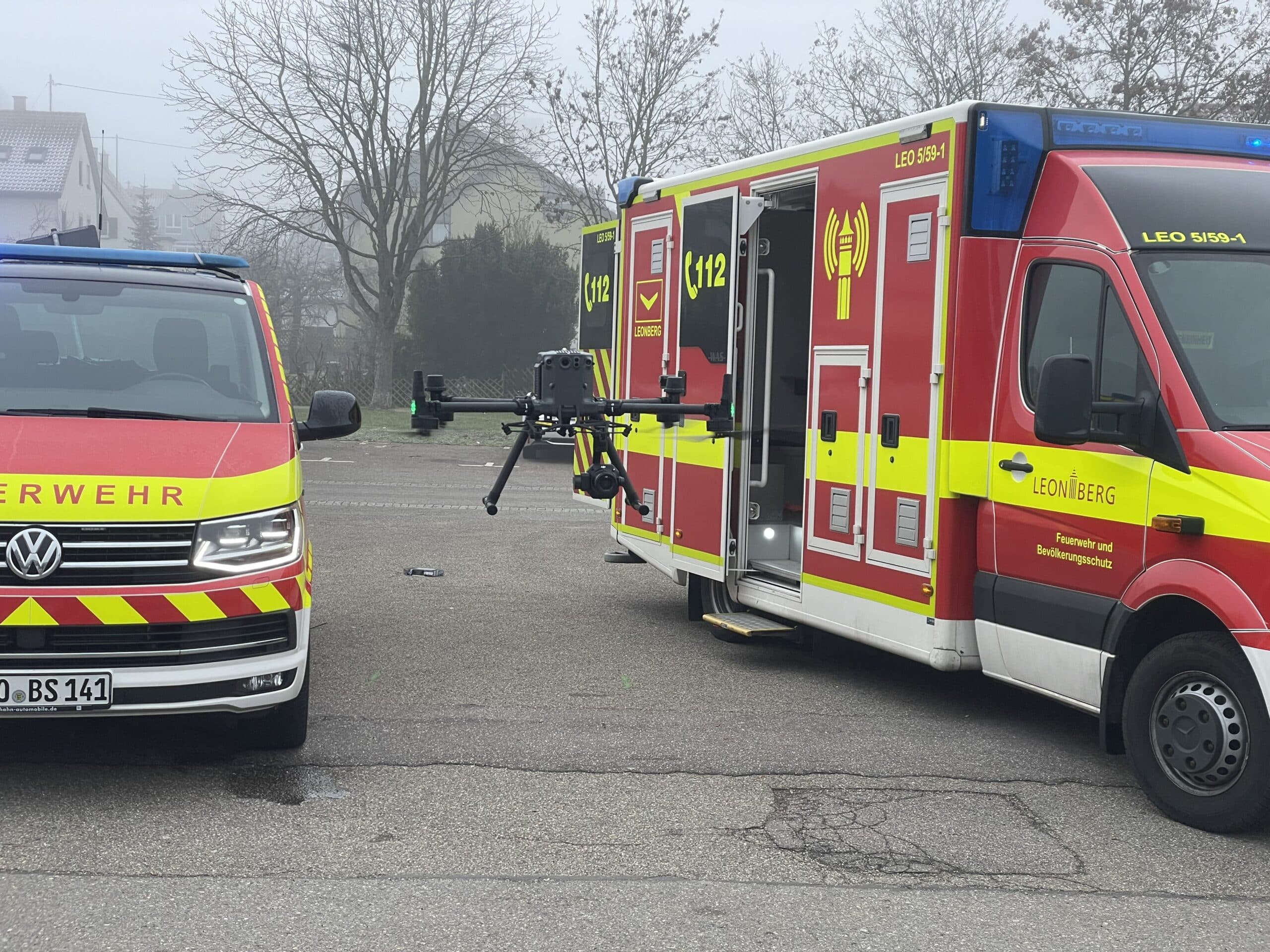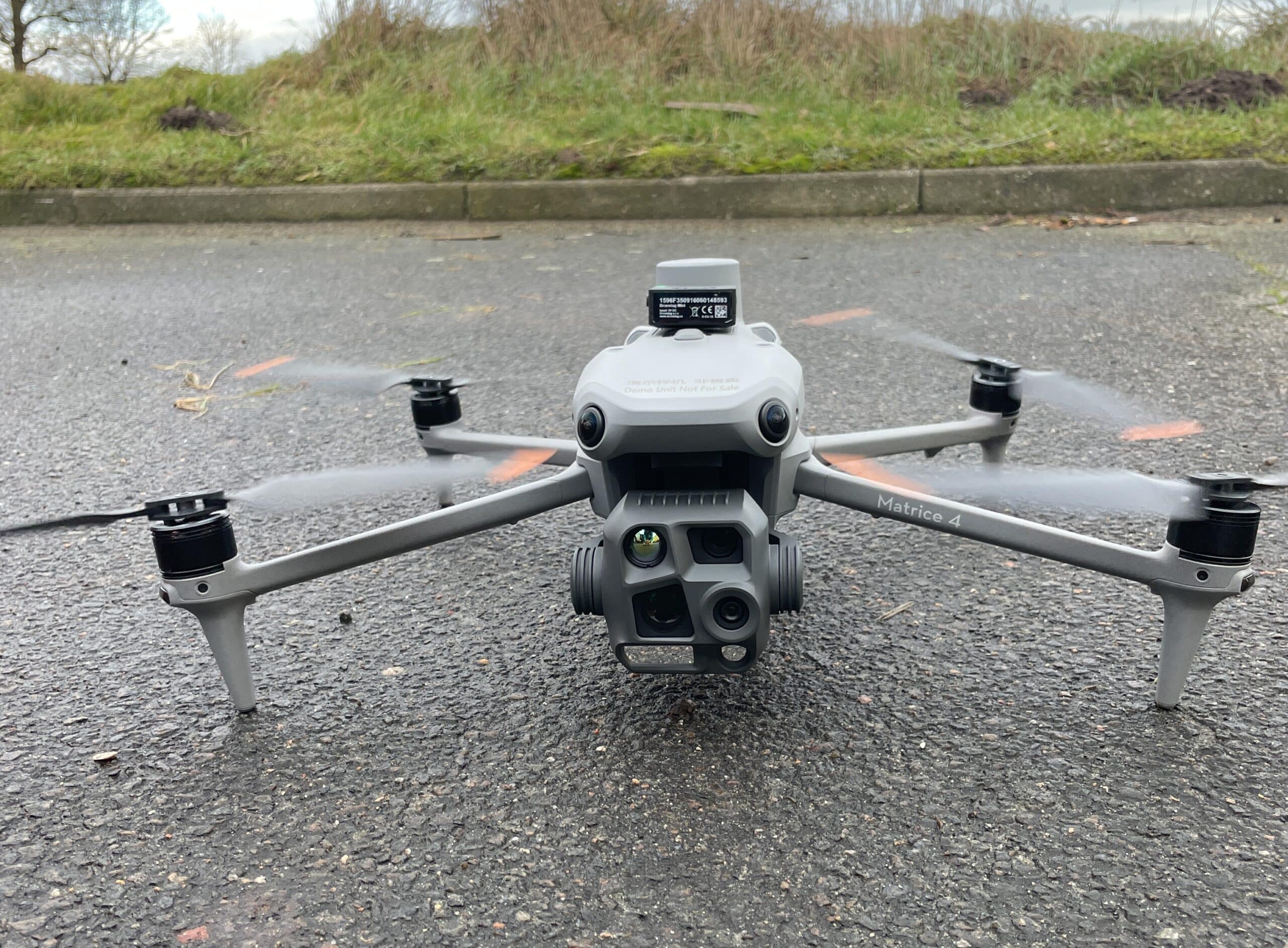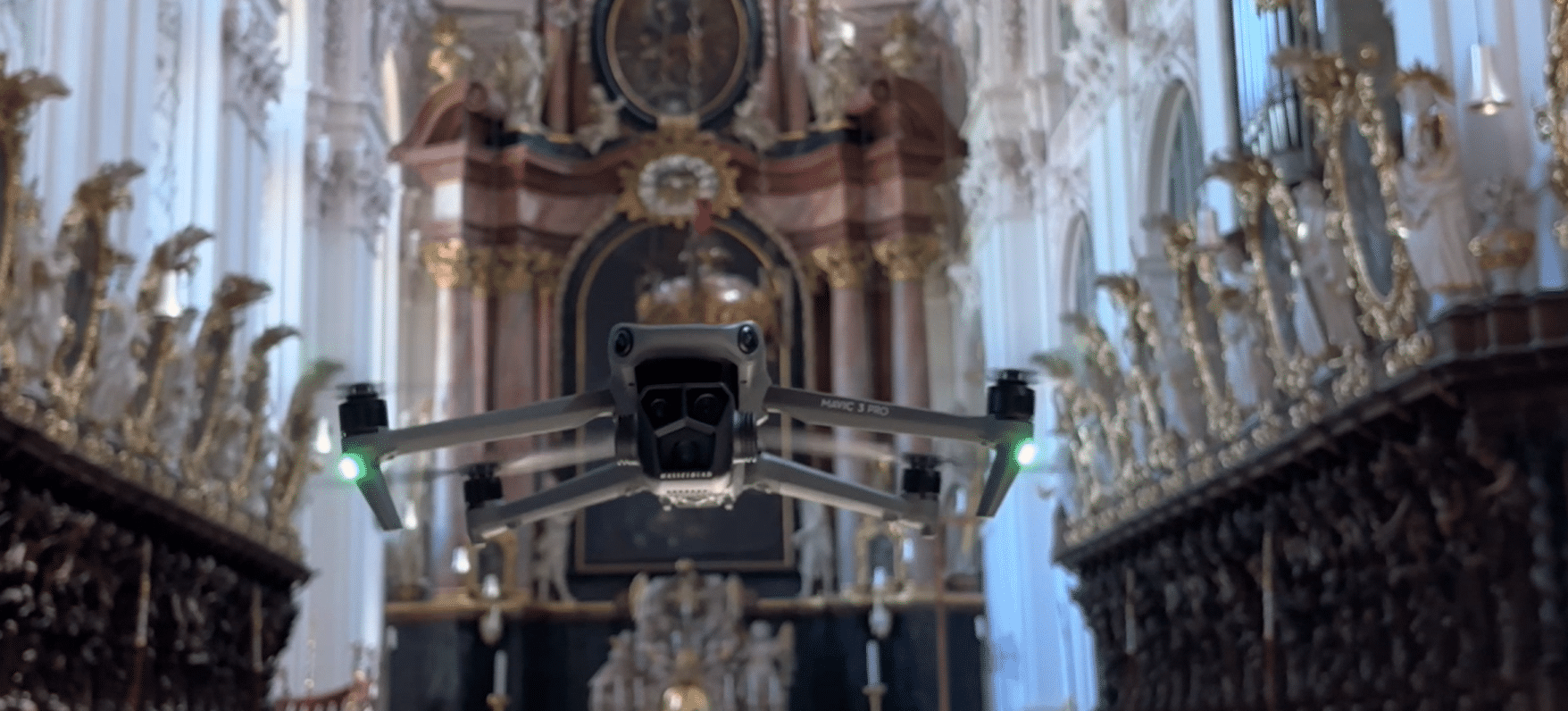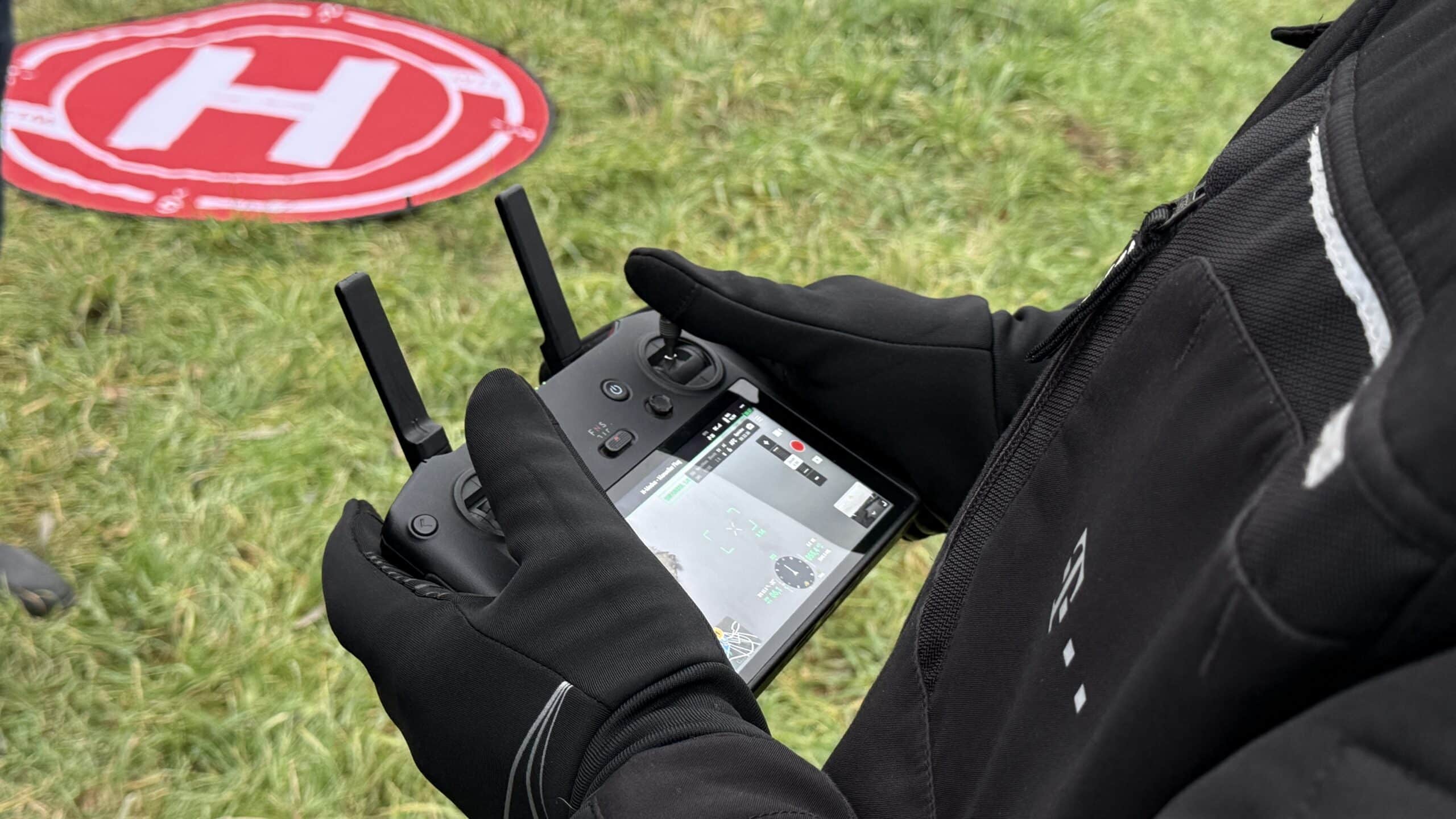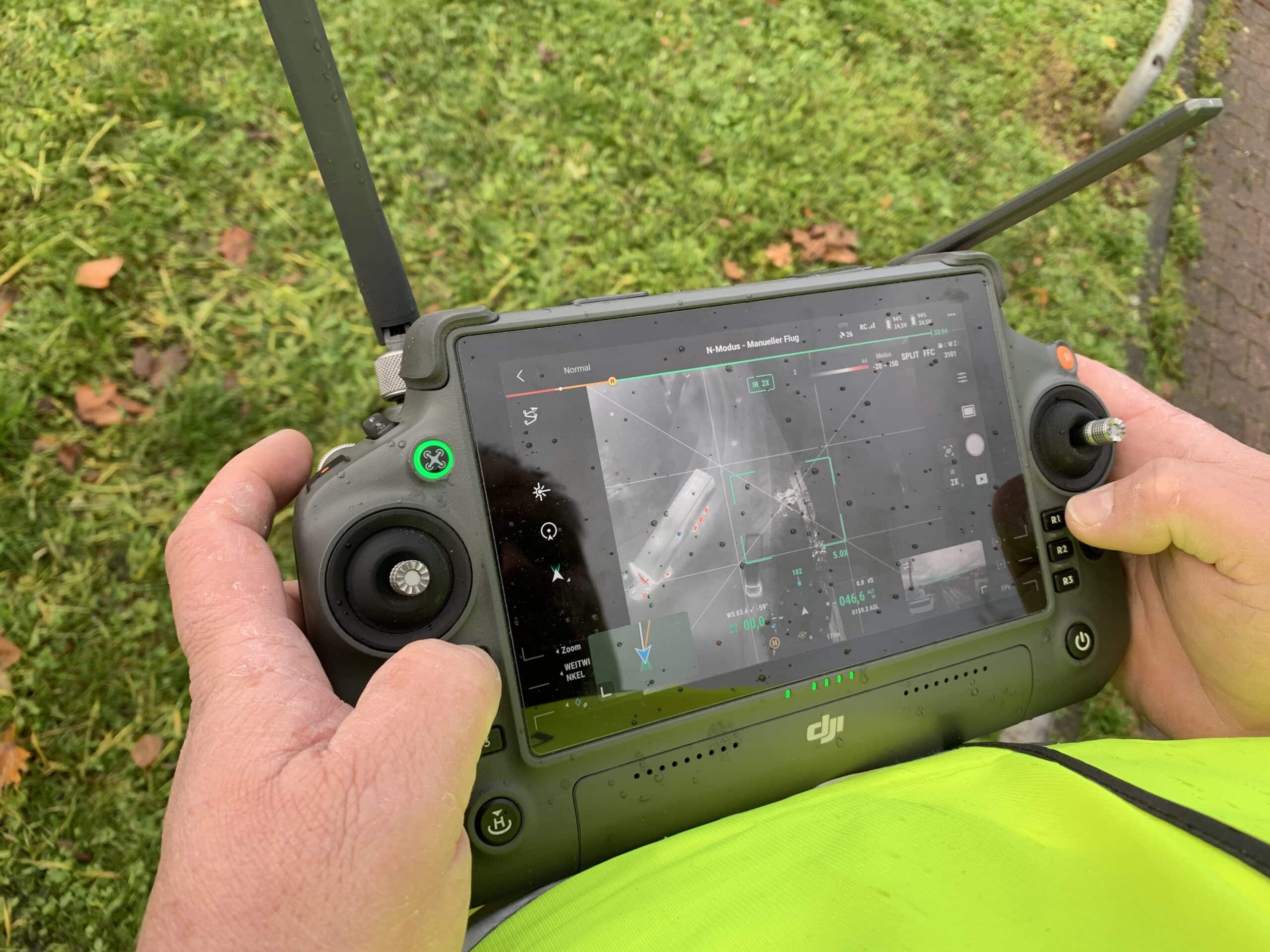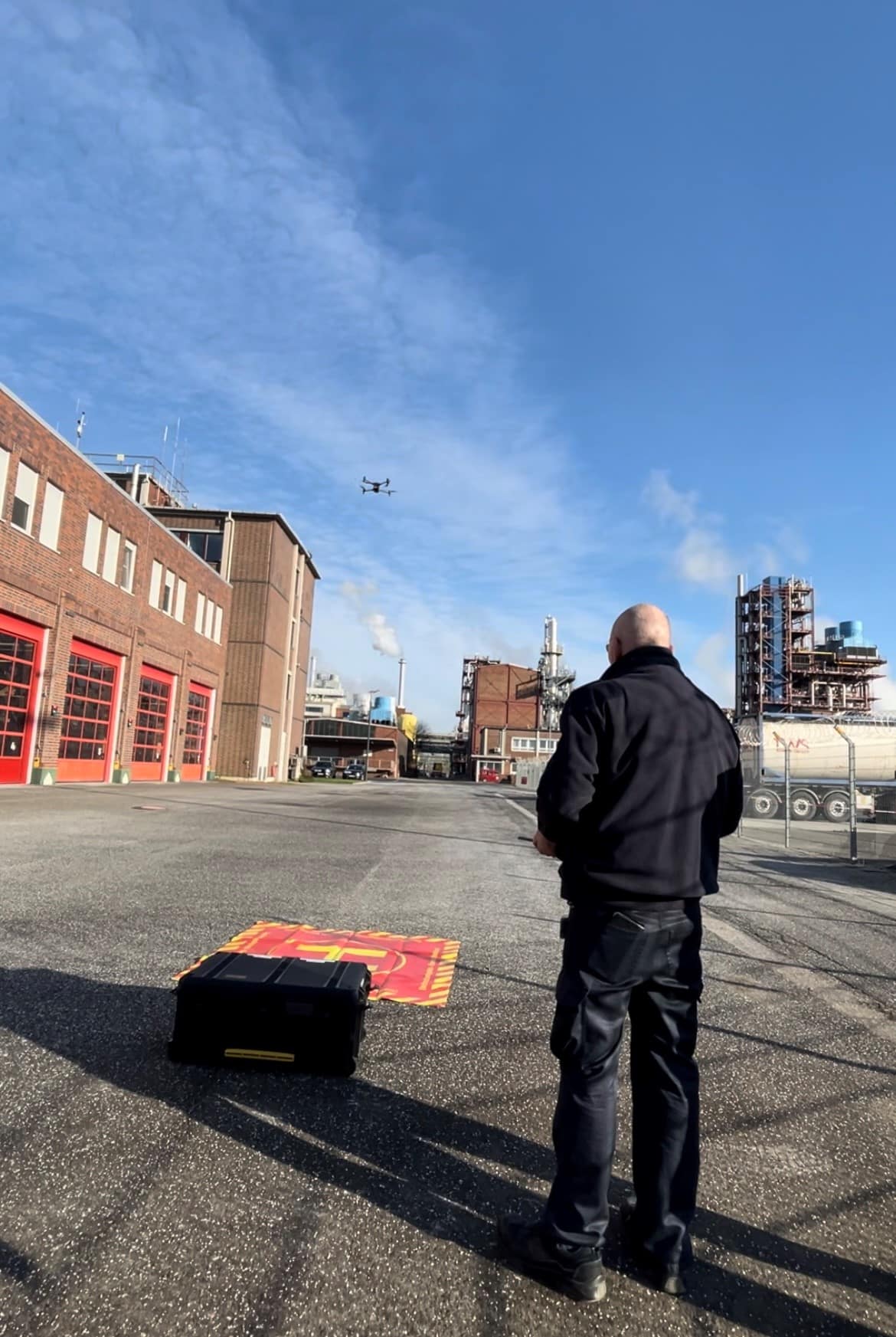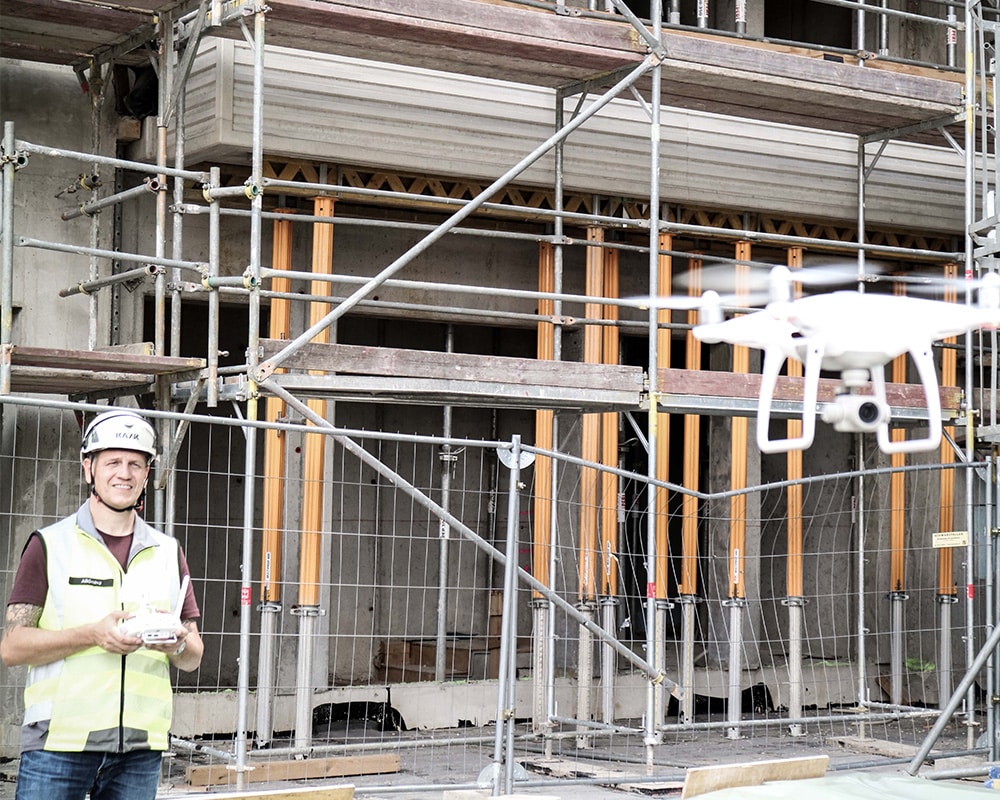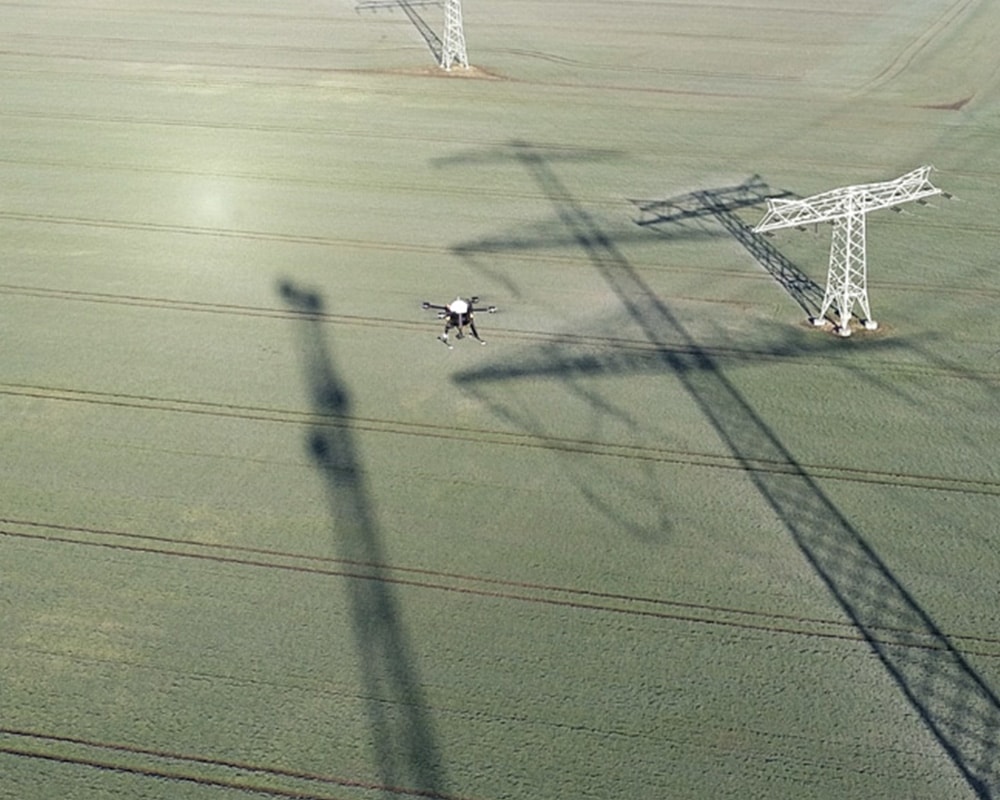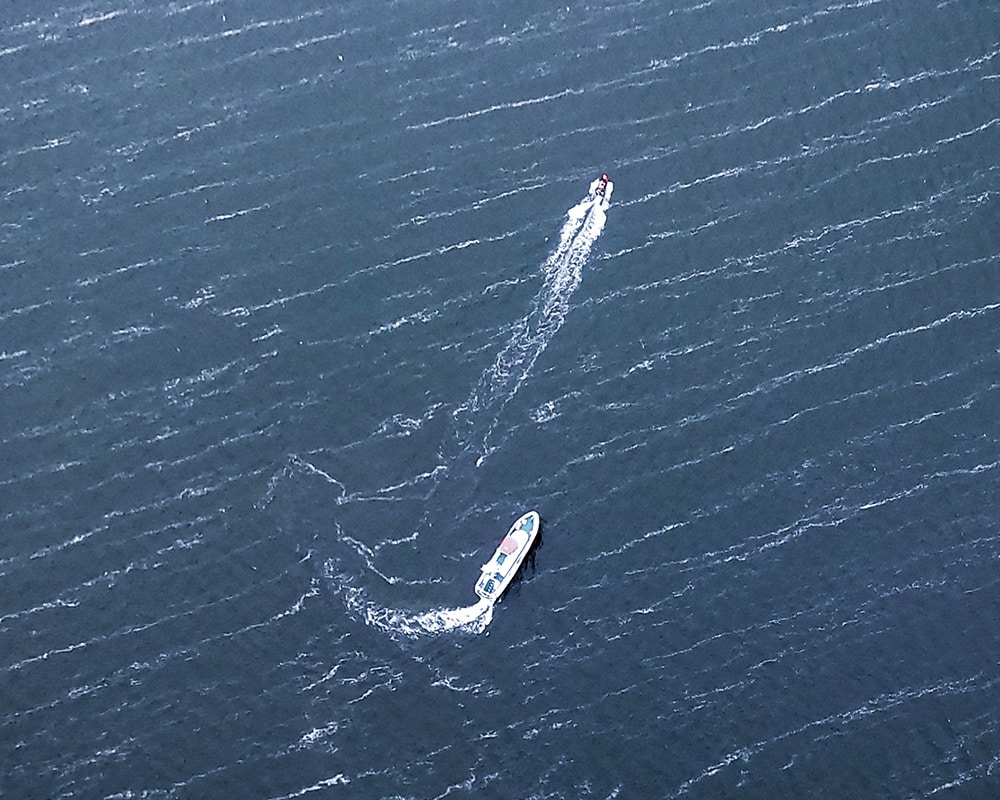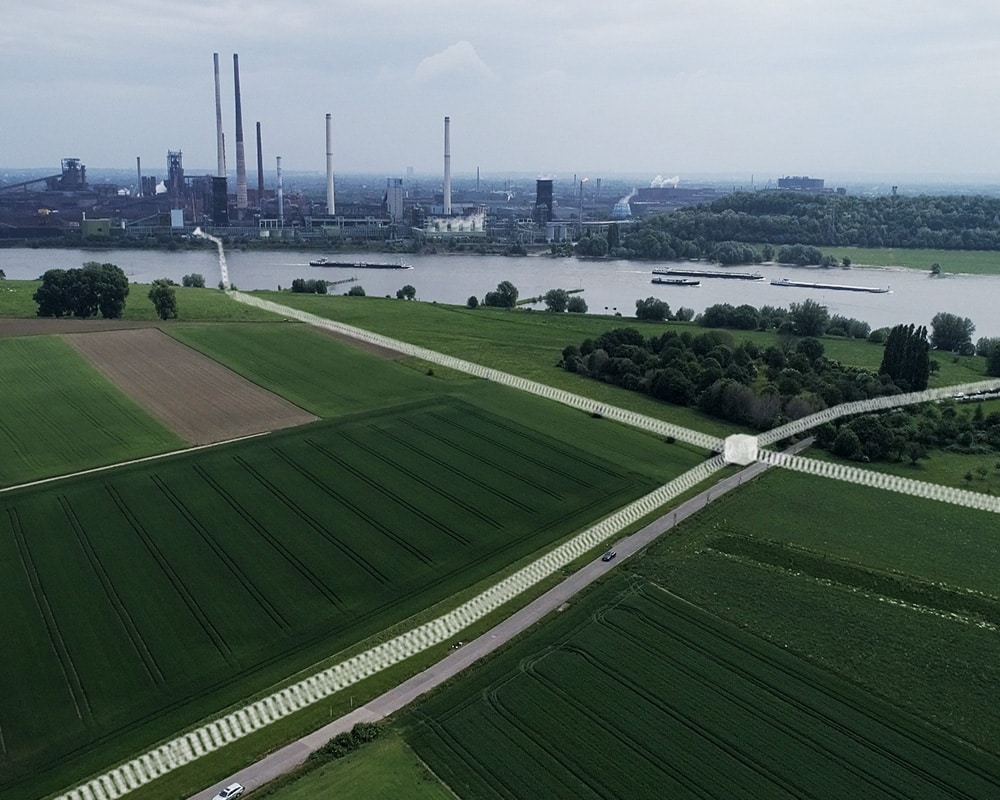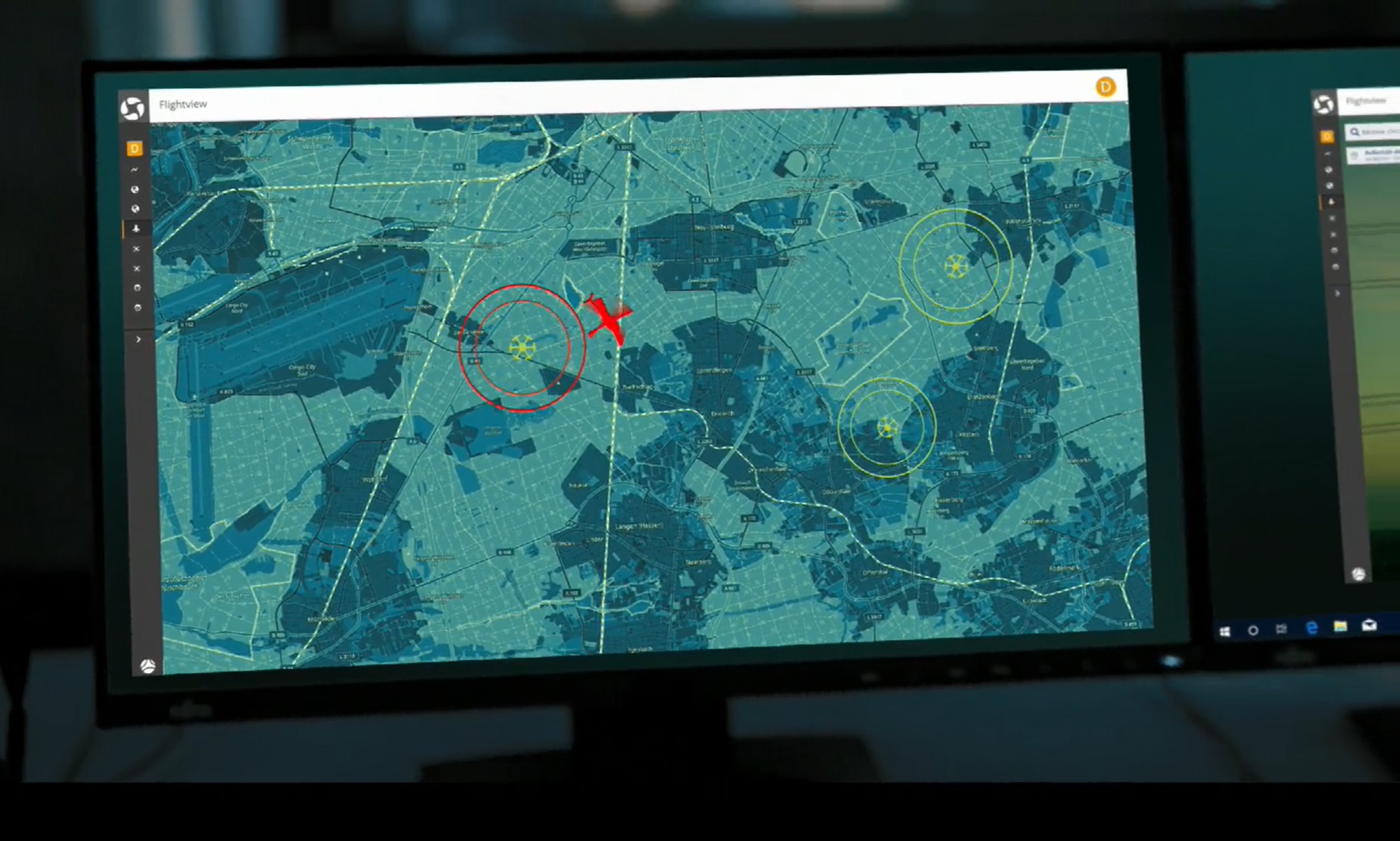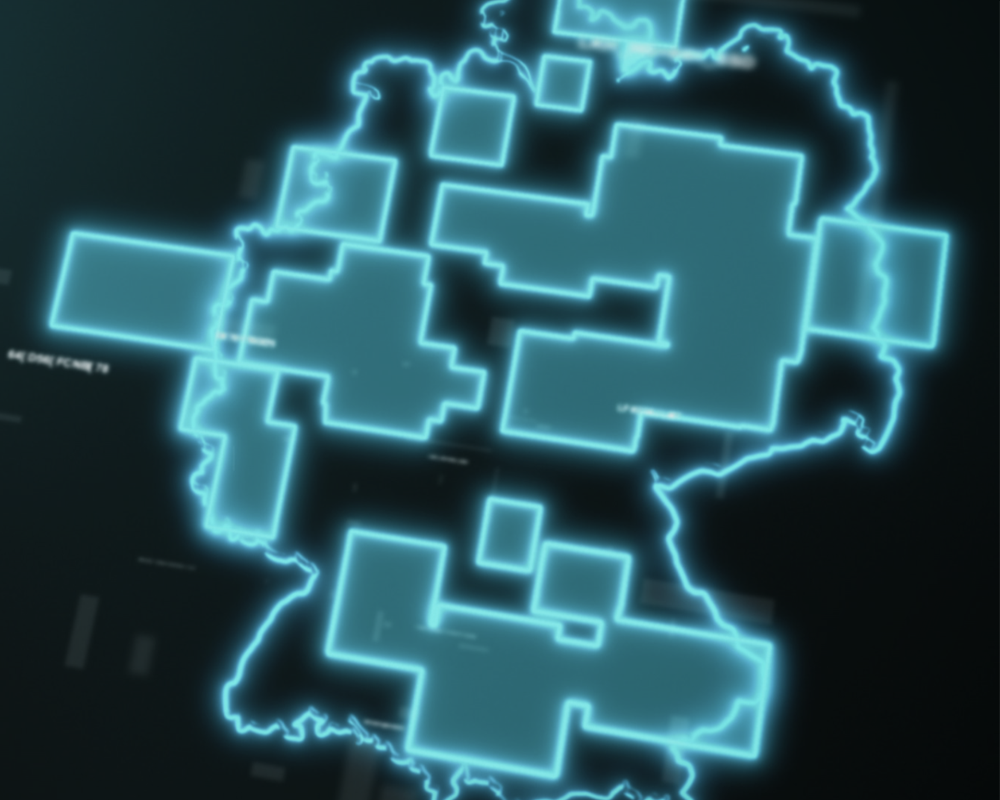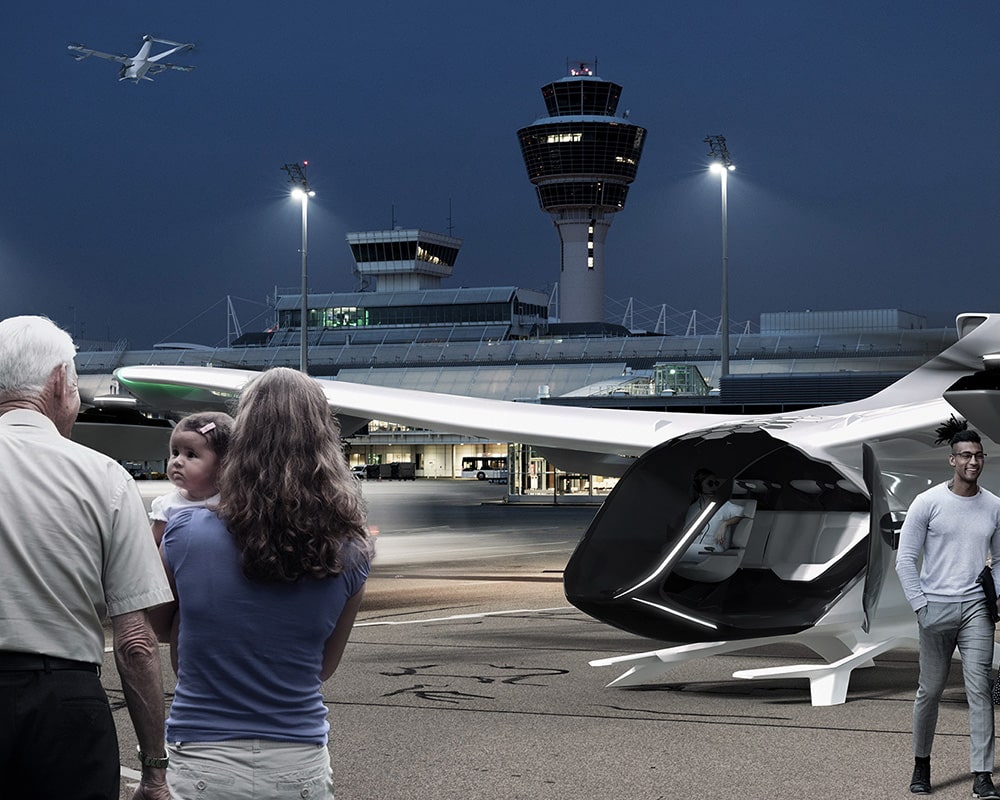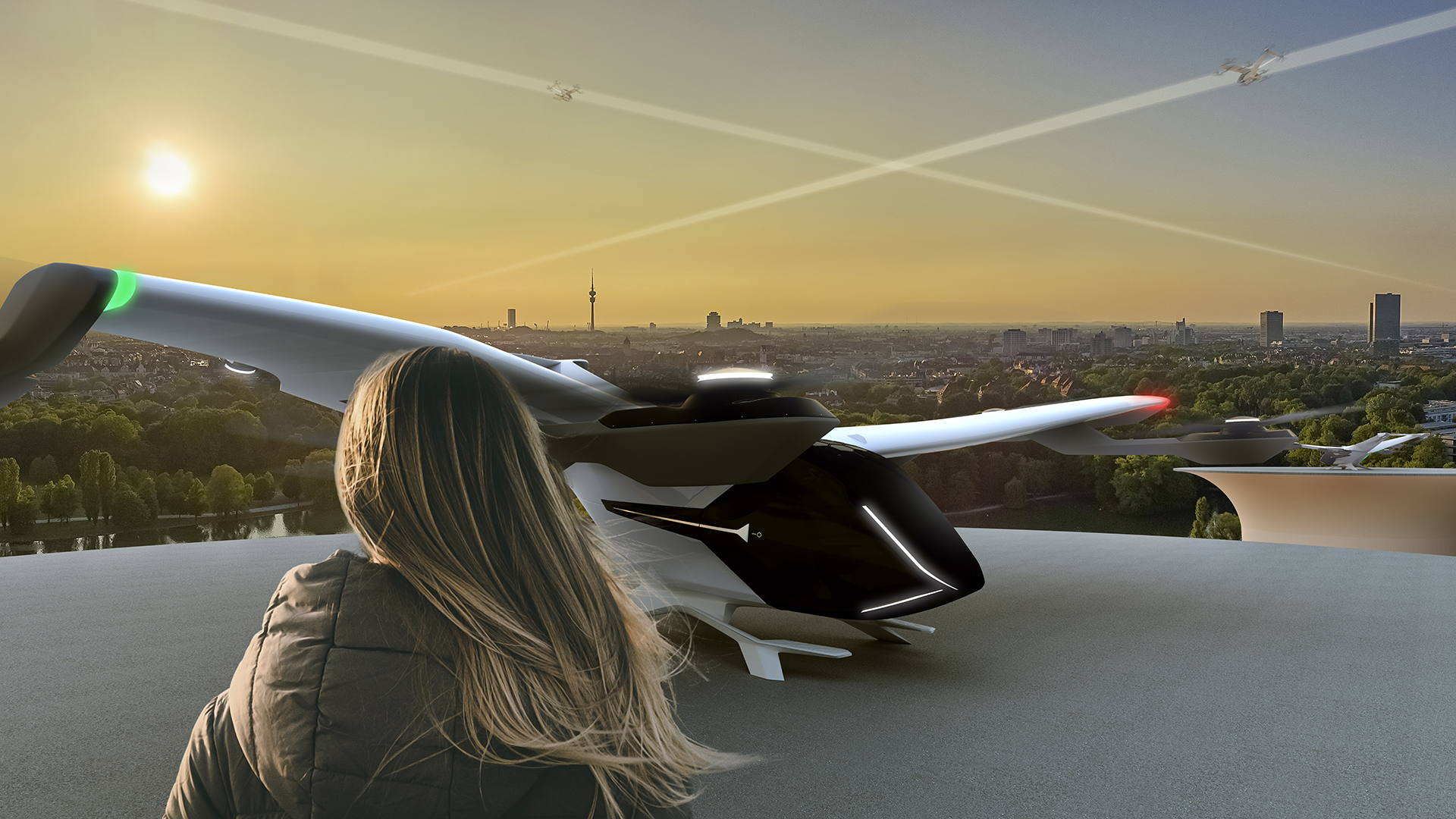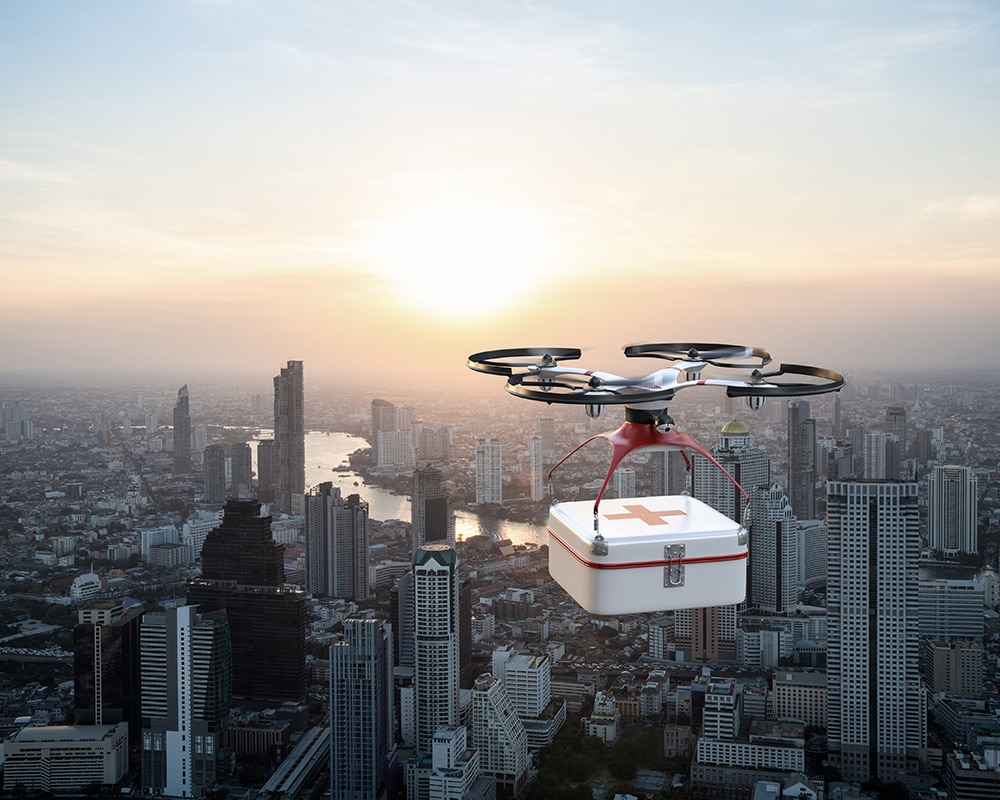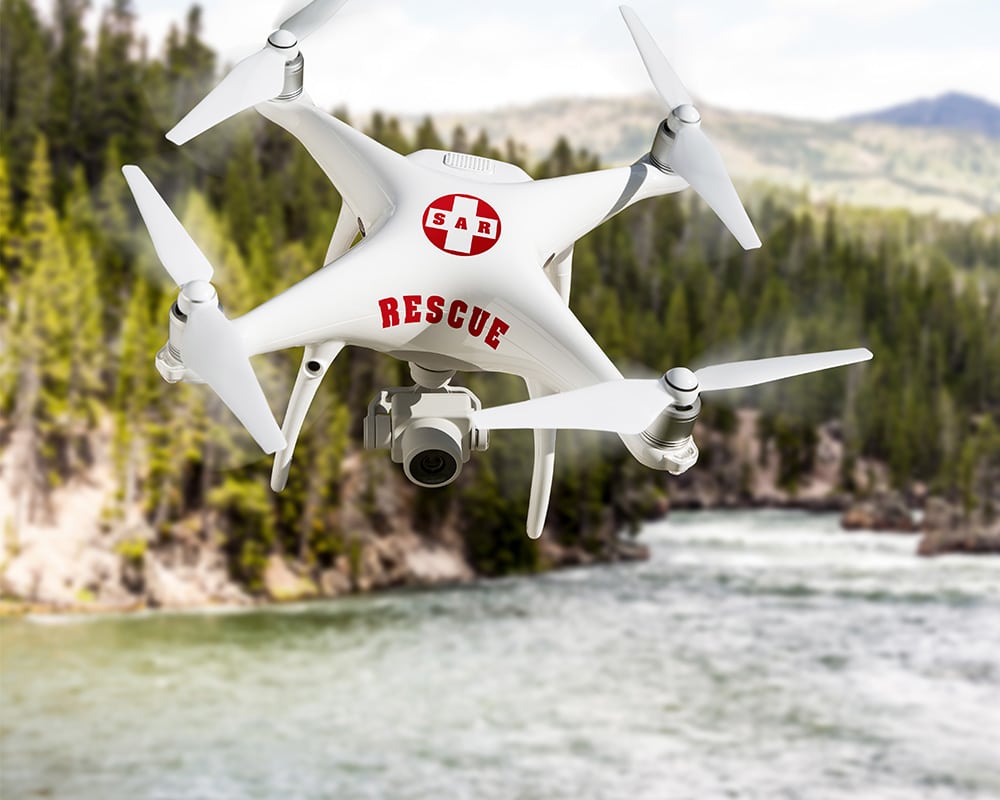Elaboration
of recommendations for action for the national implementation of the U-Space Regulation
Development
of a U-Space operational concept with one CISP and several USSPs.
Elaboration
of process models for technical & operational implementation including pricing concept
Project duration
Project start: January 2022 Project end: March 2023
The goal
The objective of LUV is to develop recommendations for action for the national implementation of the U-Space Regulation (DVO (EU) 2021/664), taking into account technical, legal and organizational contexts. Within this framework, cornerstones for necessary adjustments in German air law are to be developed and further recommendations for action are to be given, among other things, for the design of roles, responsibilities and requirements for the technical equipment of air traffic participants.
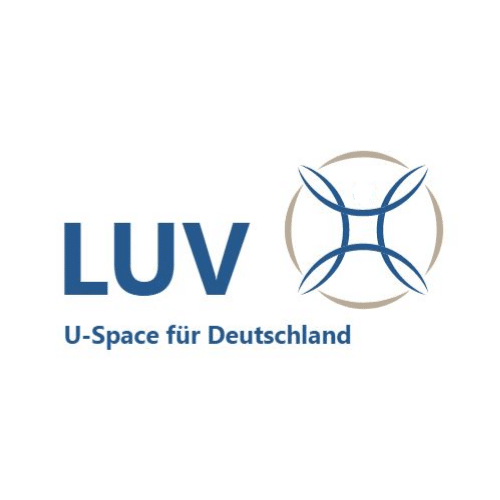
The implementation
To achieve the project objectives, a U-Space Concept of Operations will first be developed, which envisions that U-Space airspace will be operated by one Common Information Service Provider (CISP) and two U-Space Service Providers (USSP).
The CISP provides the USSP with all relevant airspace and air traffic data for the provision of U-Space services. The USSP in turn provides the services defined for a U-Space (U-Space Services).
Based on this, process models for the technical and operational implementation of U-Space airspaces are elaborated in order to develop appropriate pricing concepts for CISP and USSP. This will be followed by a validation of the results with the help of simulation studies. Together with an elaboration on acceptance promotion, the results will be used to develop recommendations for action.
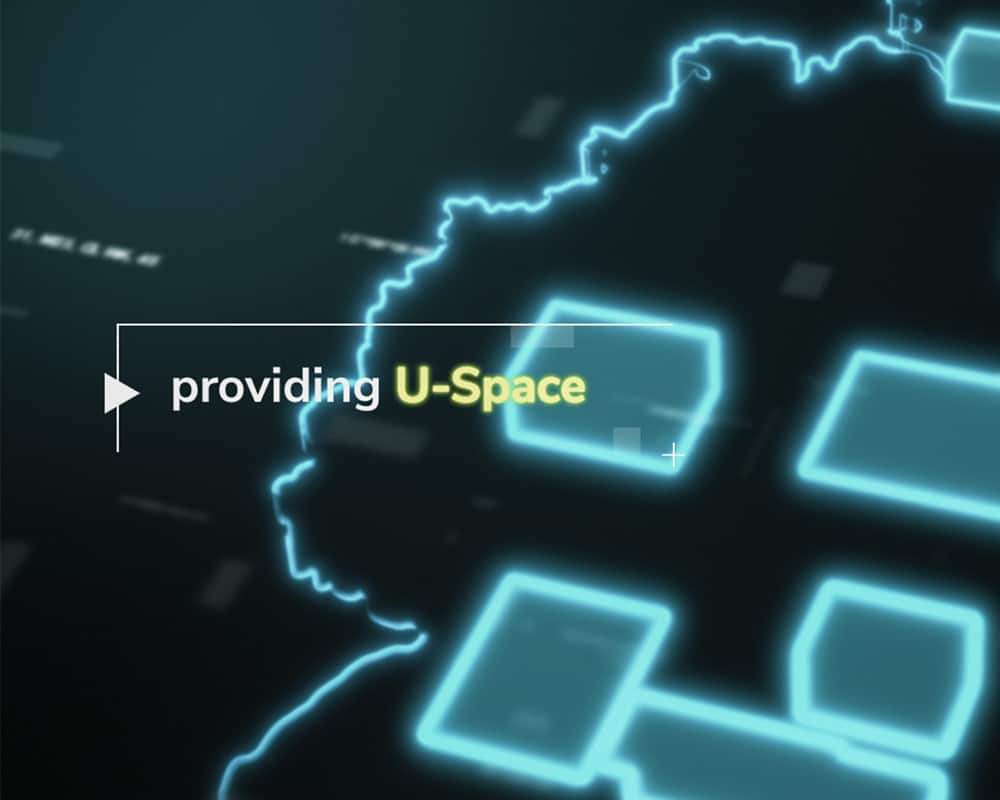
Our contribution
The goal of all work in the project from the perspective of Droniq is to gain clarity on the potential functional operability of a German U-Space airspace with multiple USSPs.
First, a U-Space operating concept will be developed, which will serve as the basis for the necessary embedding in the legal, organizational and procedural framework. It will provide the content-related basis and the overarching framework for further work on the various functional issues. This will be followed by the identification of a process model taking into account several USSPs with clear assignment of roles and responsibilities, as well as the conception of an economic model. The results of the work will be consolidated into recommendations for action and made available to legislators to support them in implementing the EU regulation in national law. These results are of particular interest to Droniq, in its intended role as a future USSP.
With the U-Space Reallabor Hamburg, Droniq was already able to gather comprehensive knowledge on U-Space and develop an initial blueprint. LUV can now be understood as a content extension of the setup investigated in the U-Space Reallab and builds on this research.




